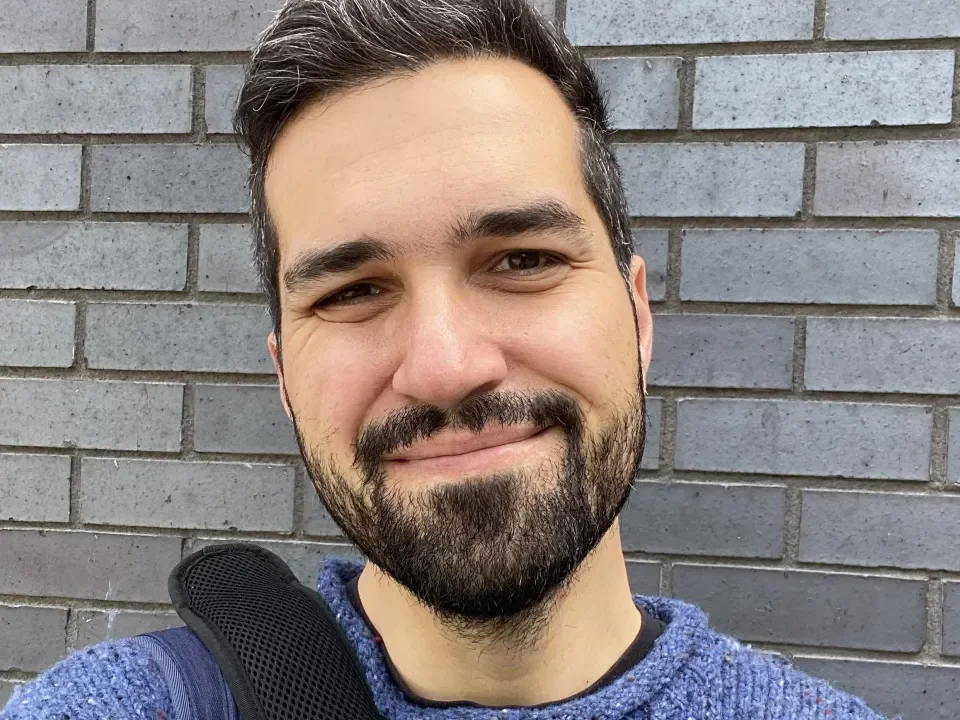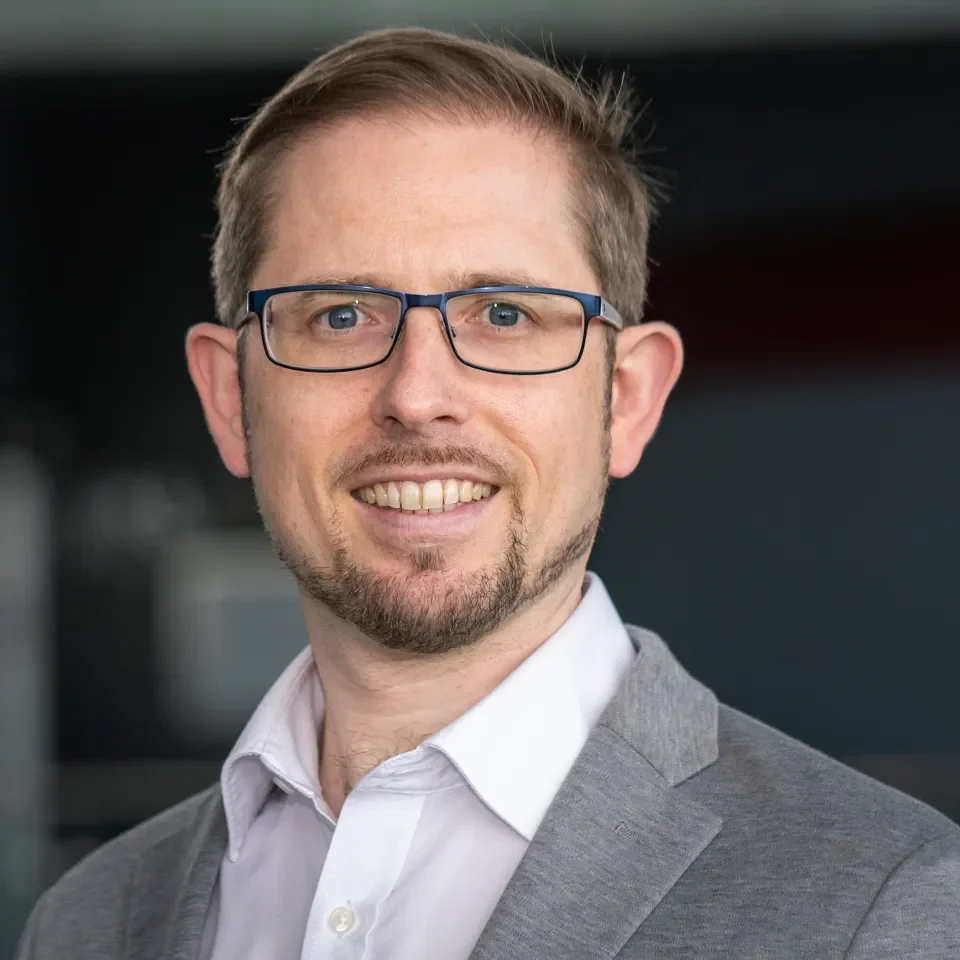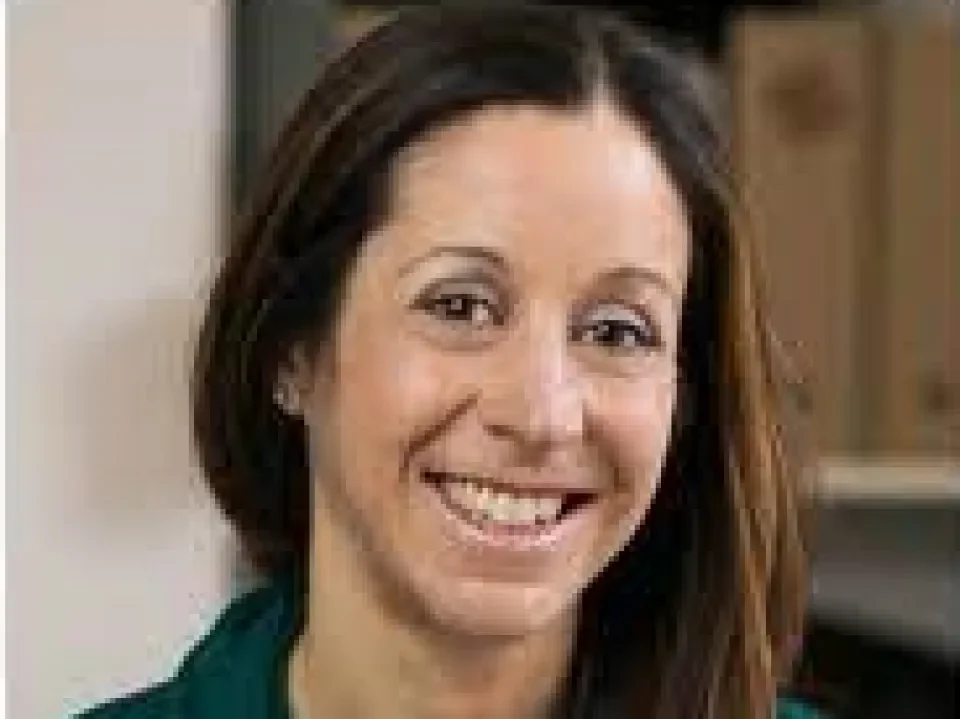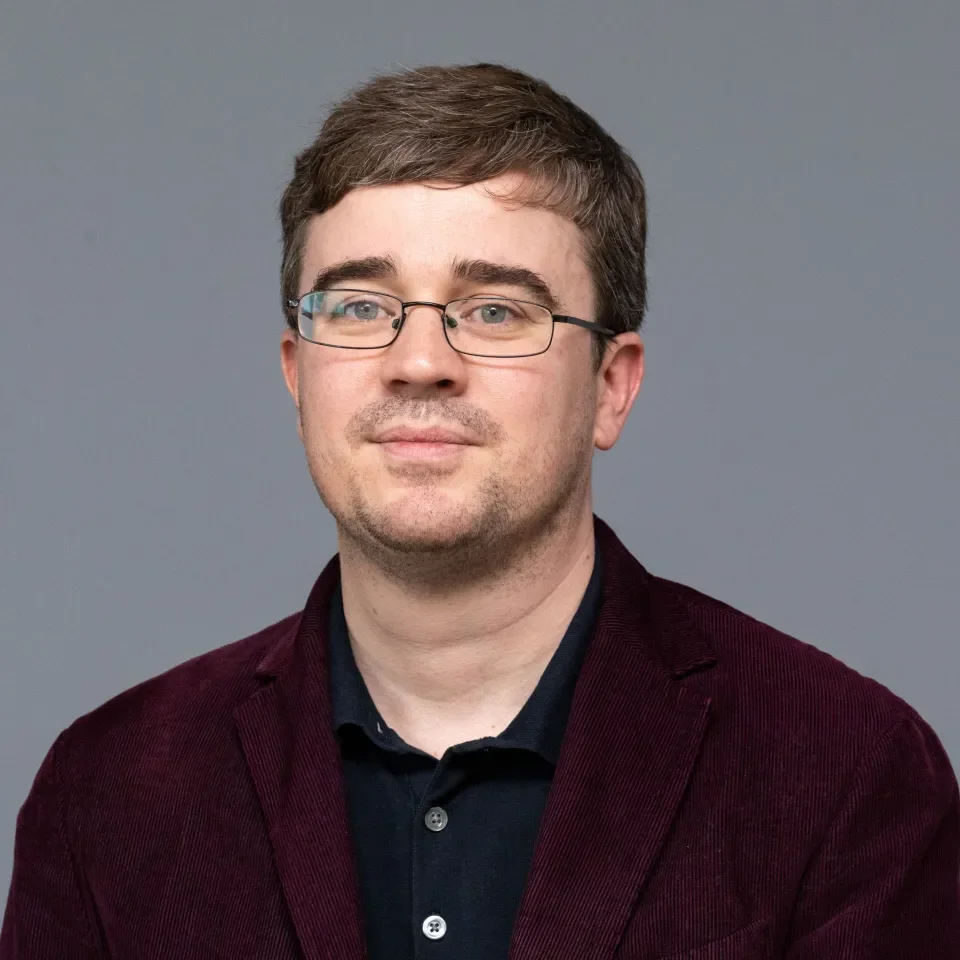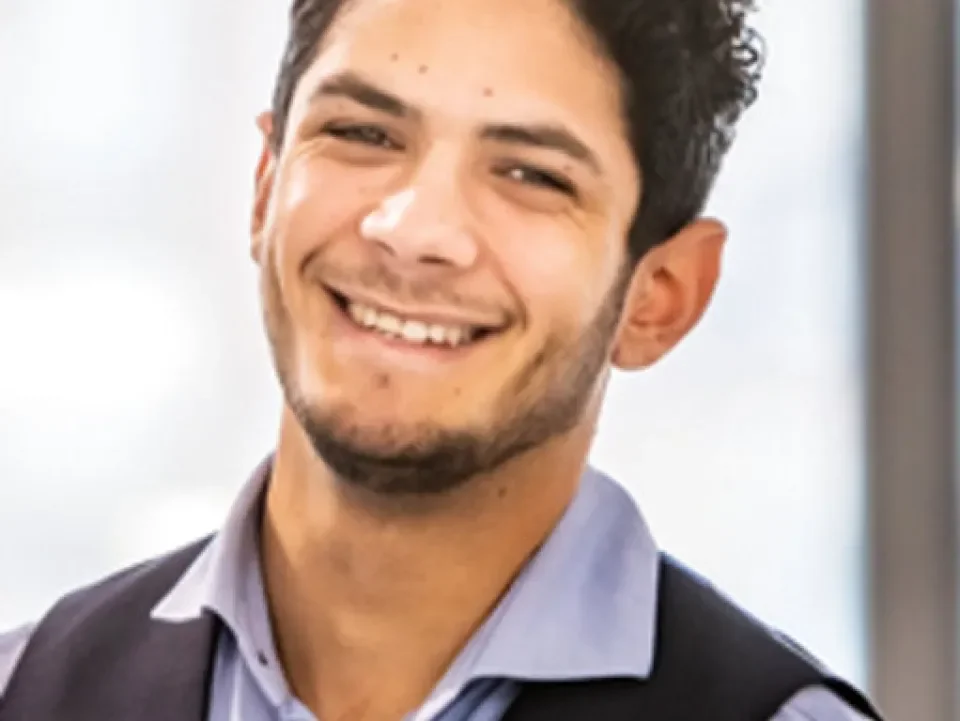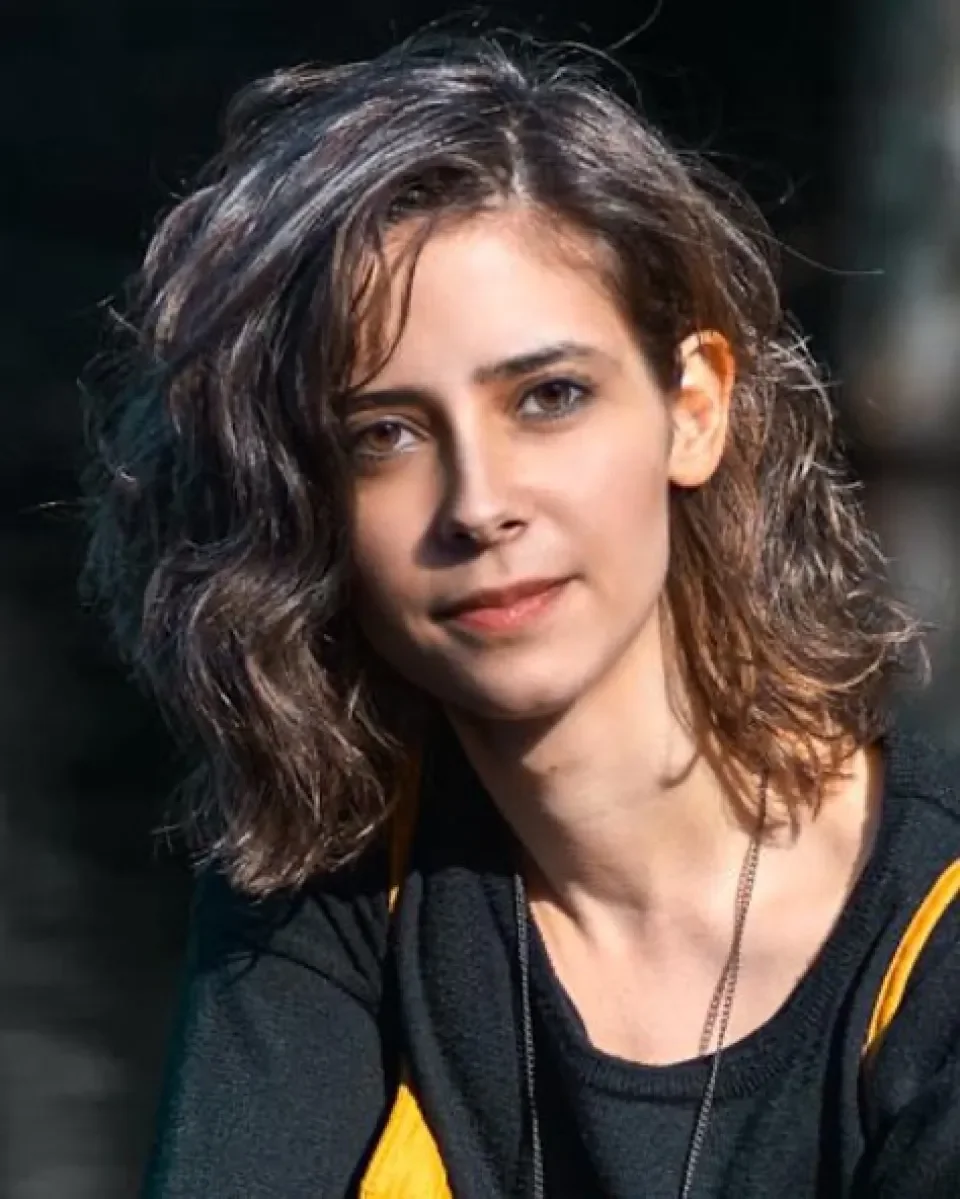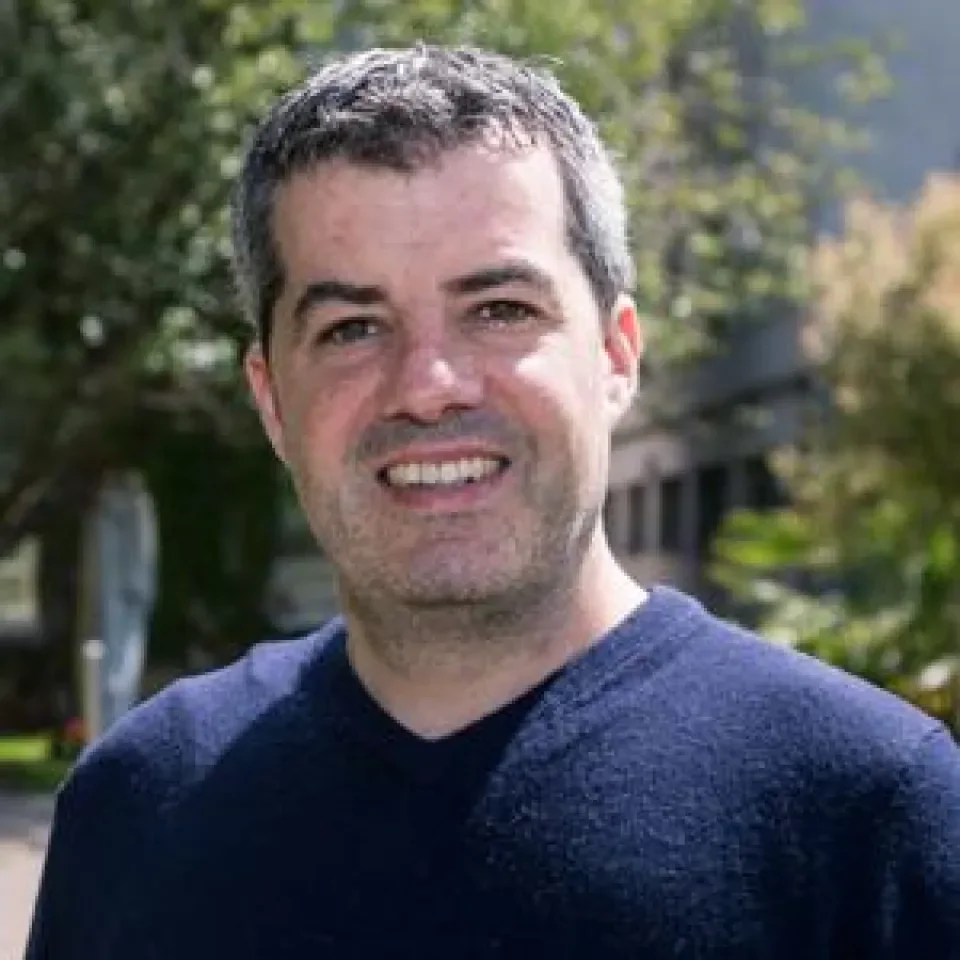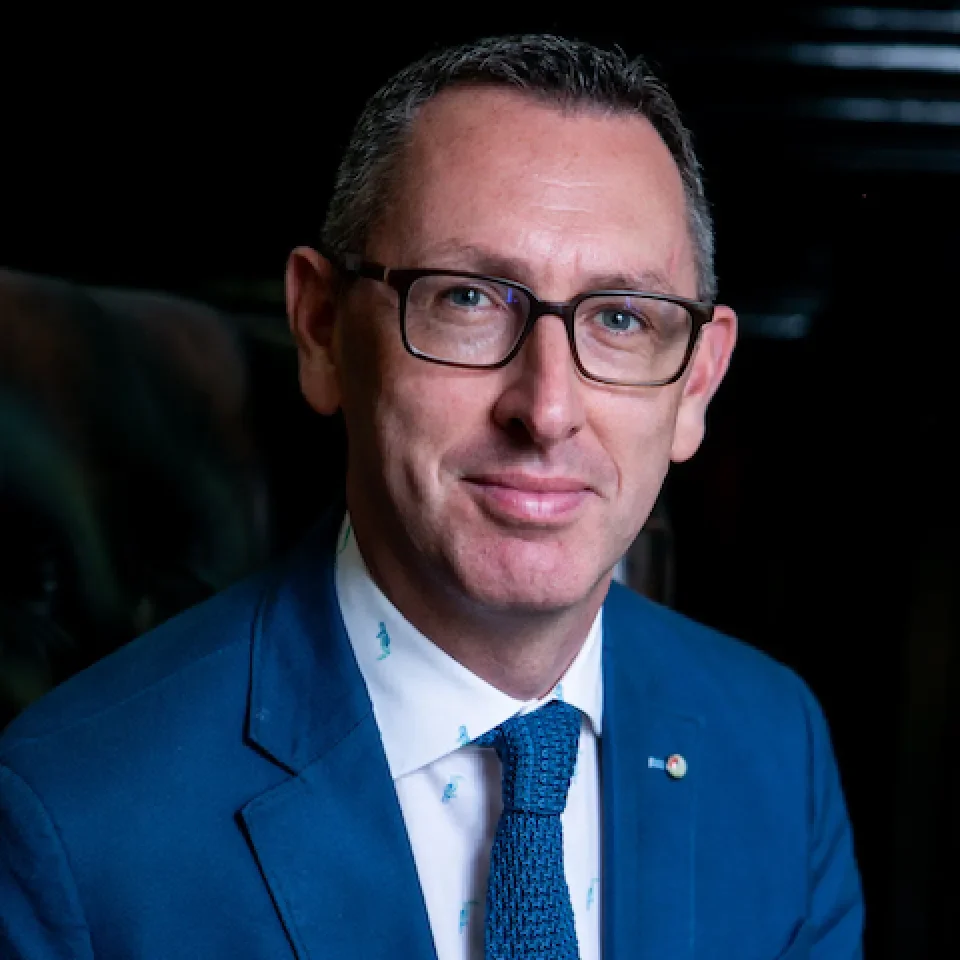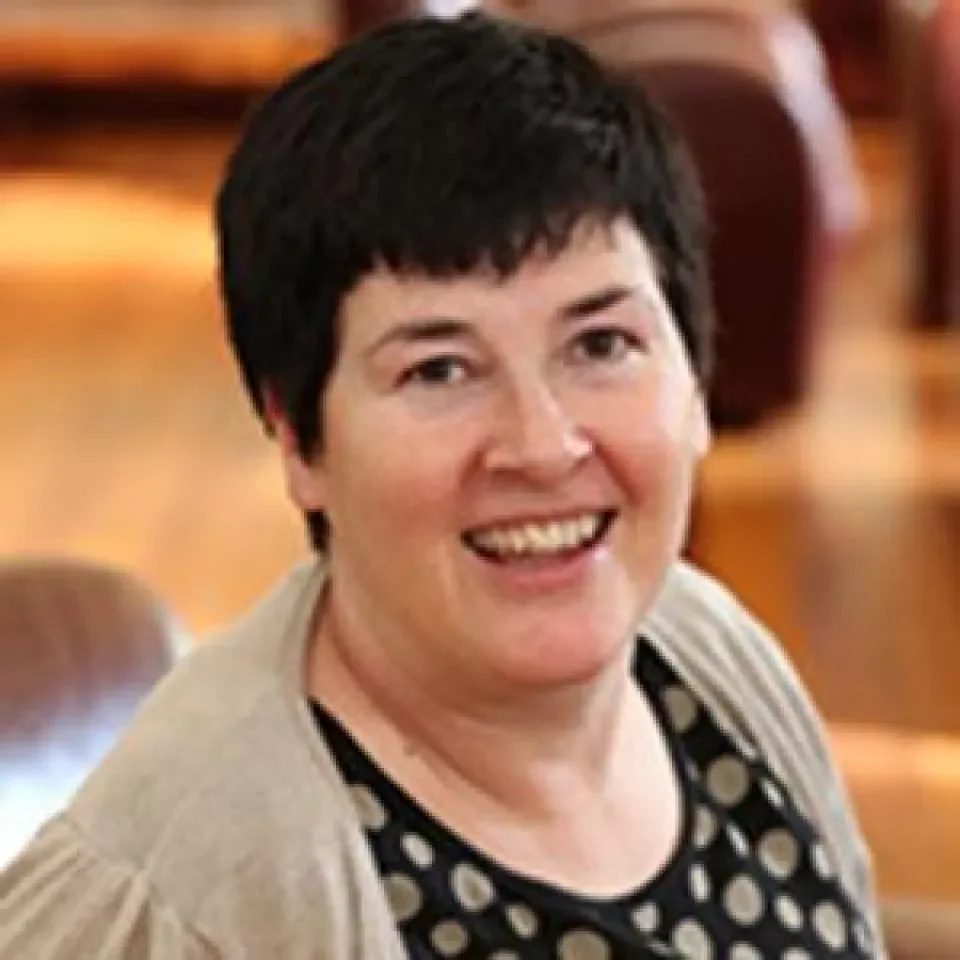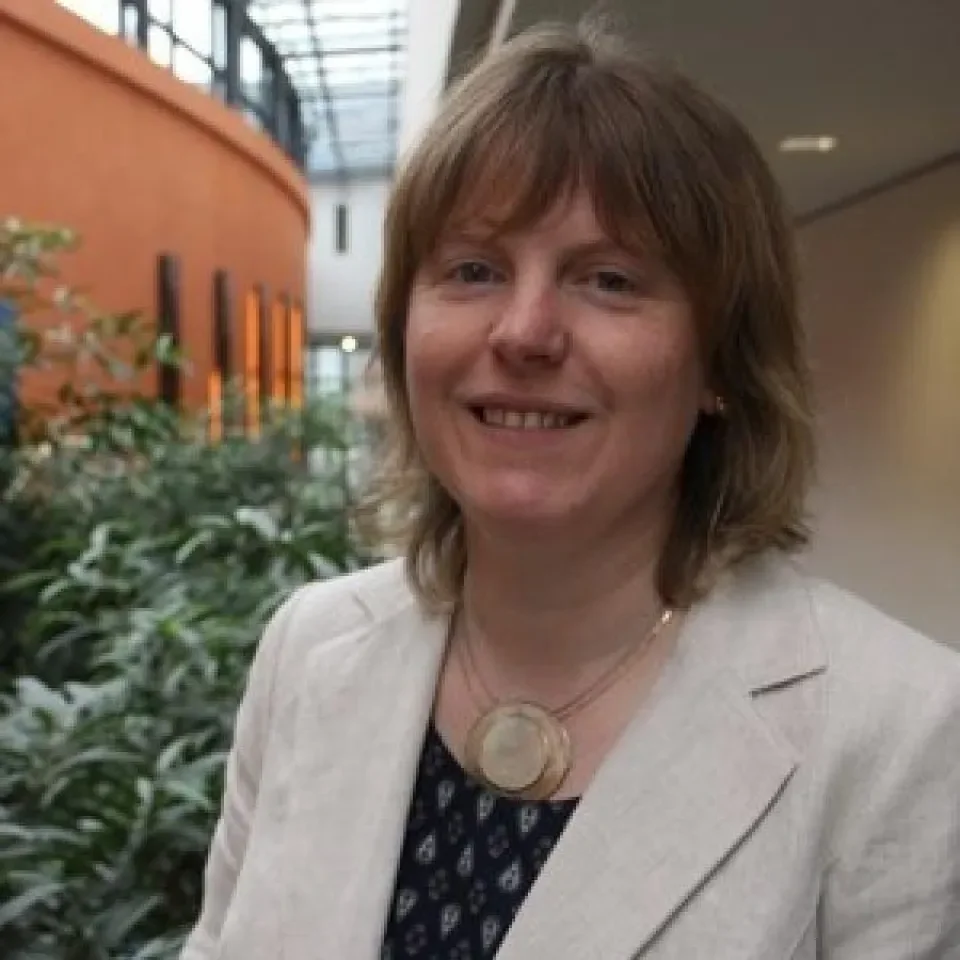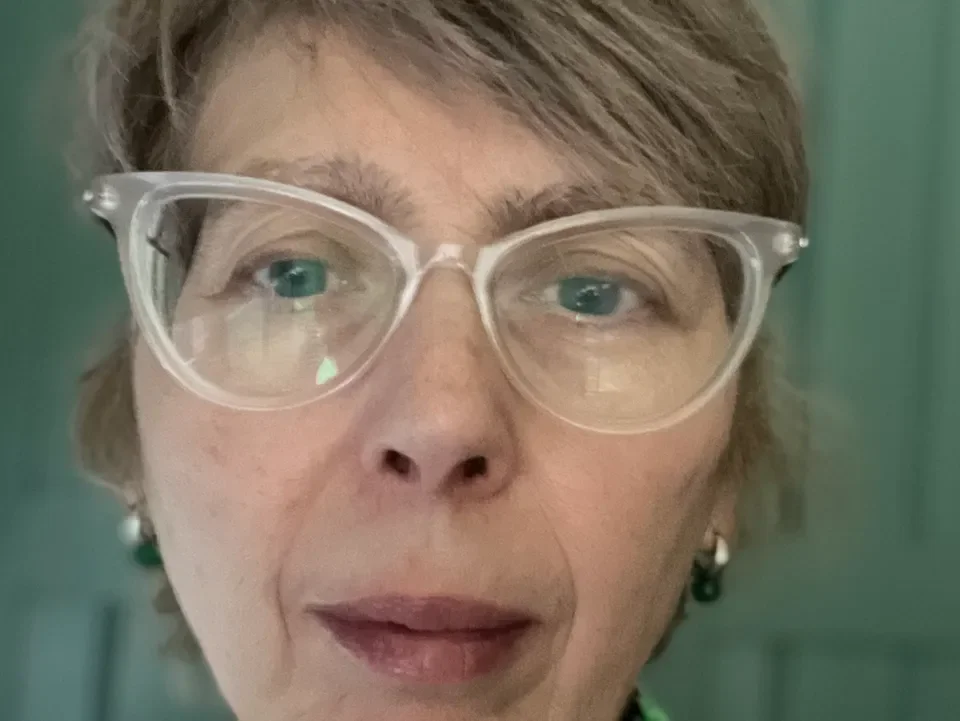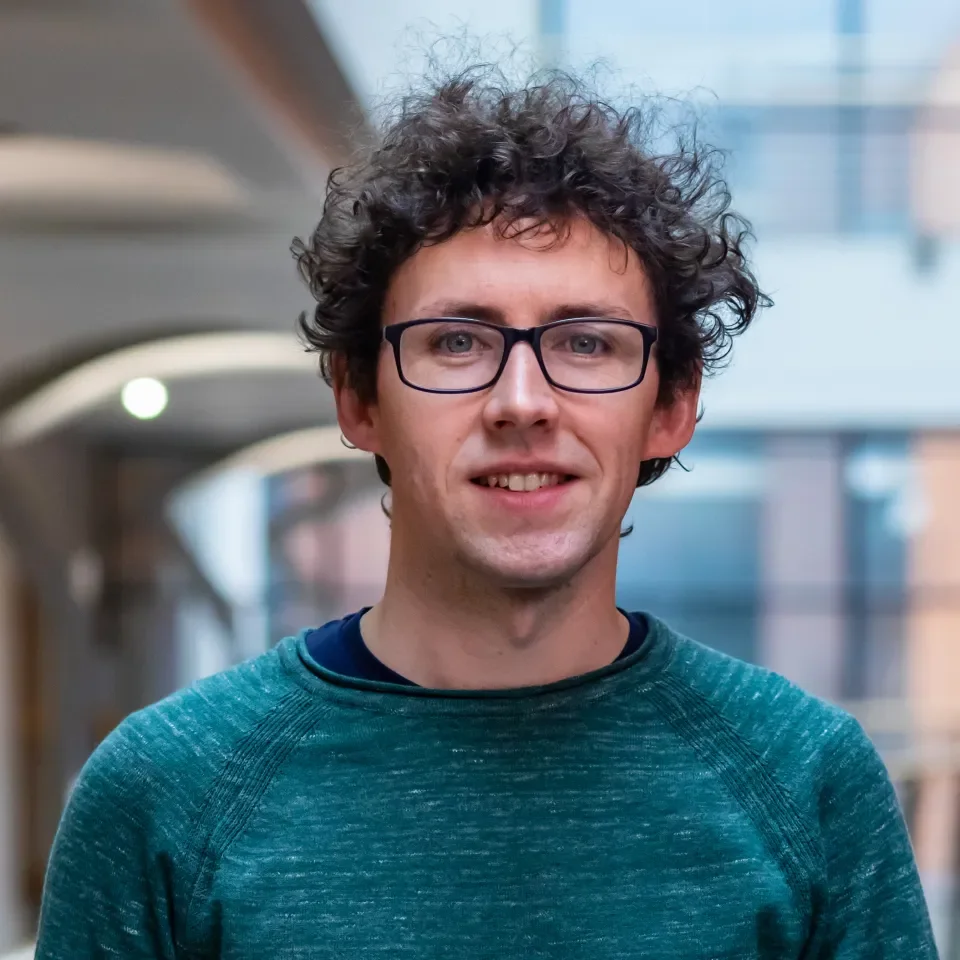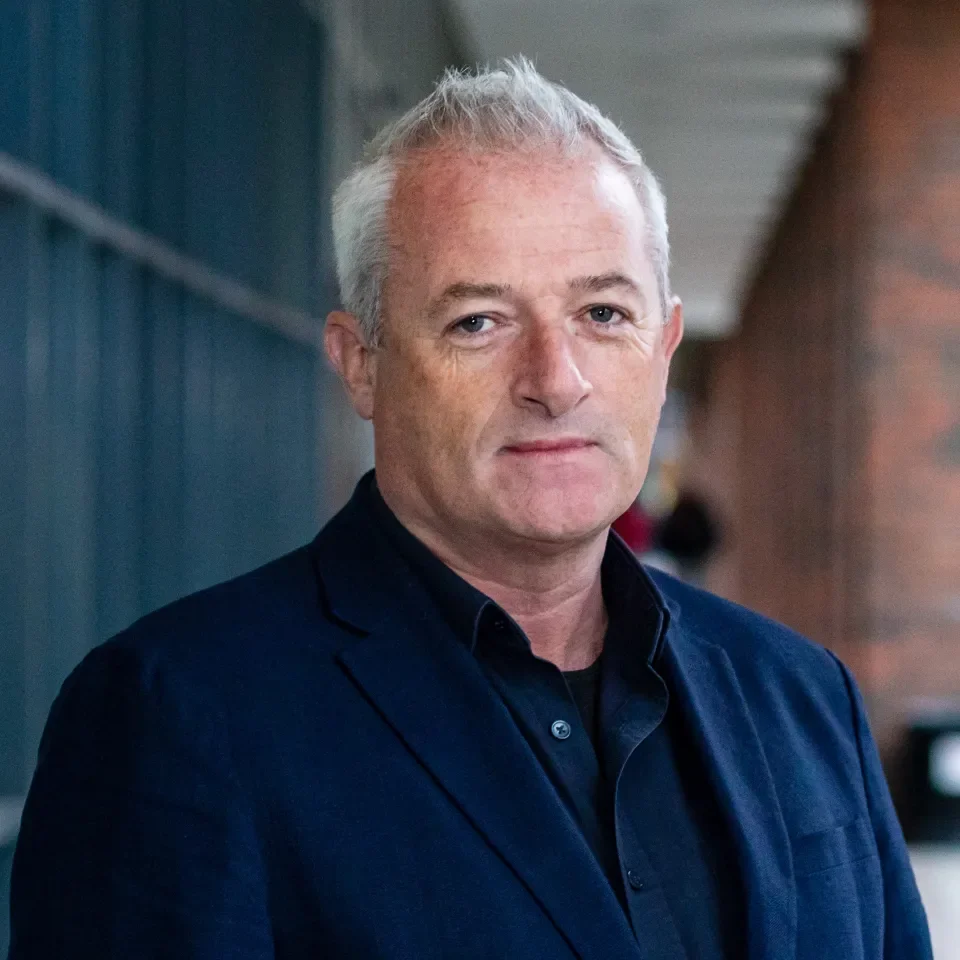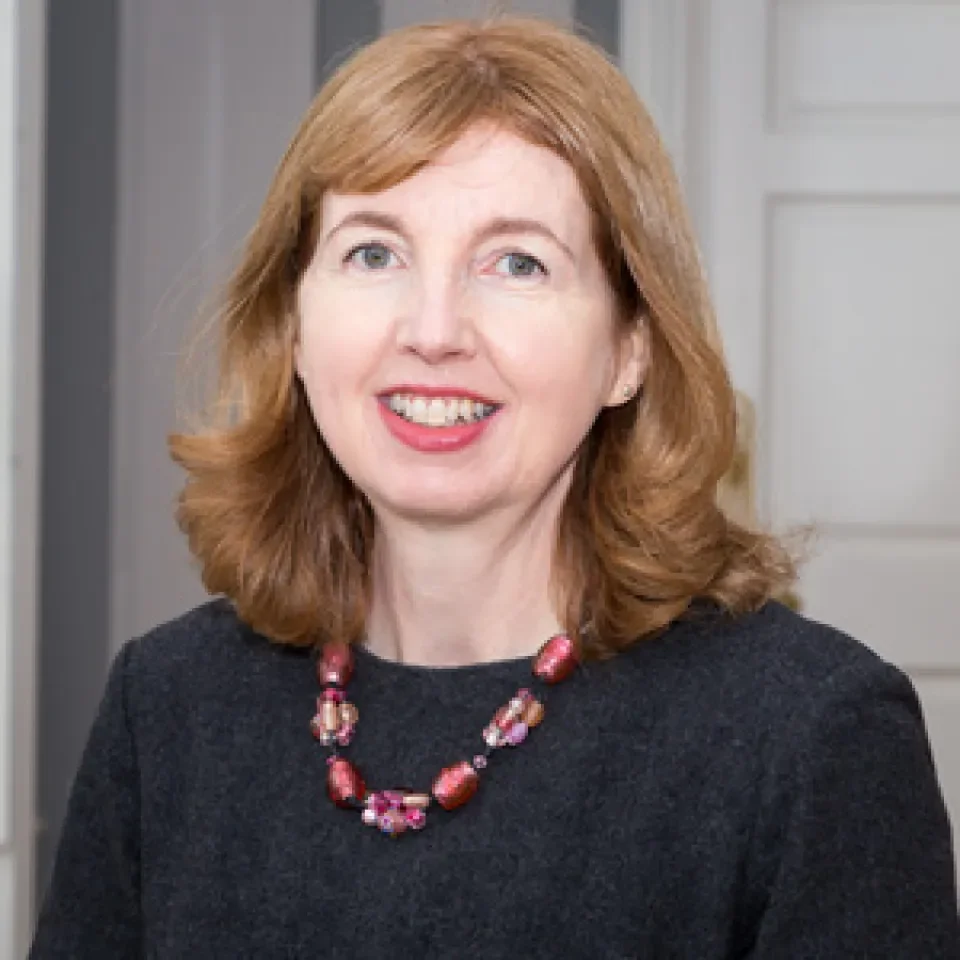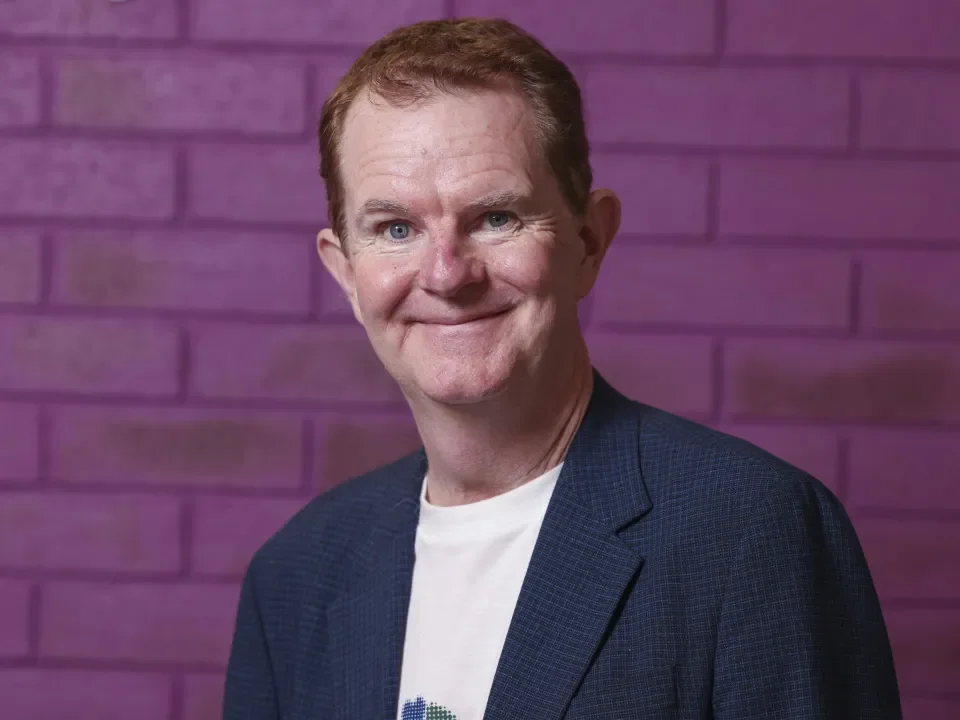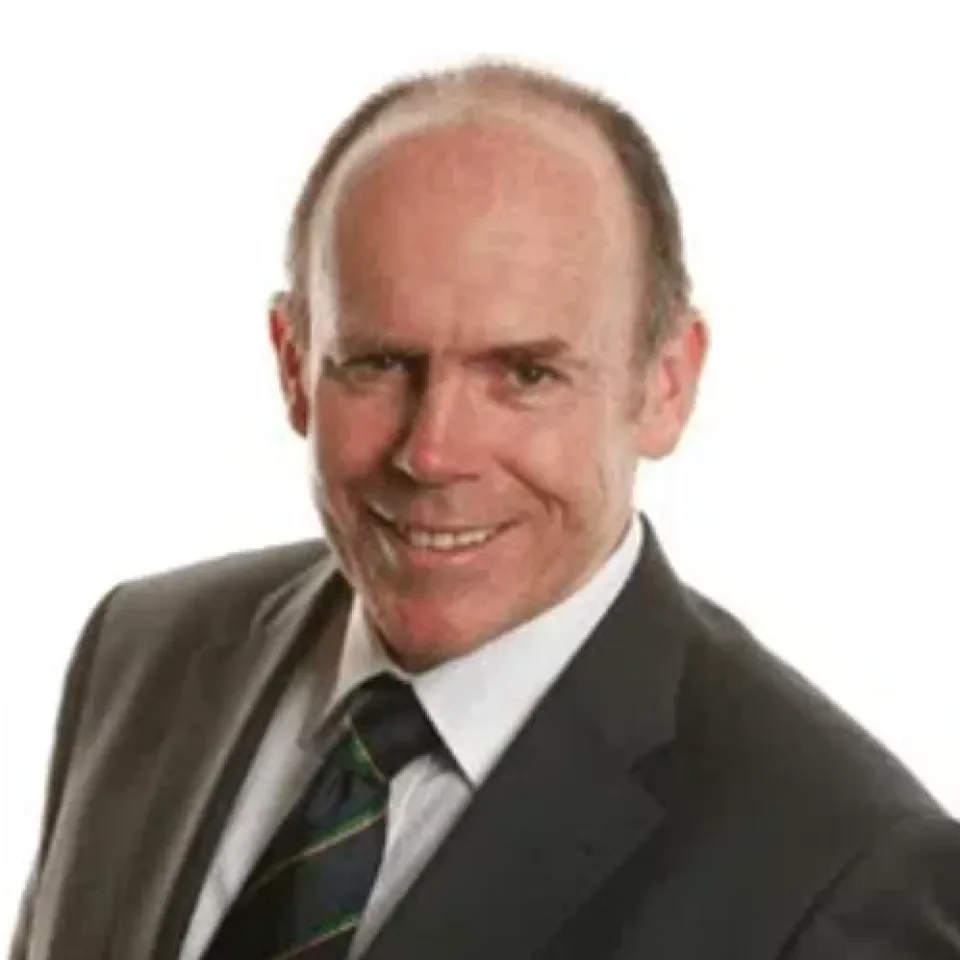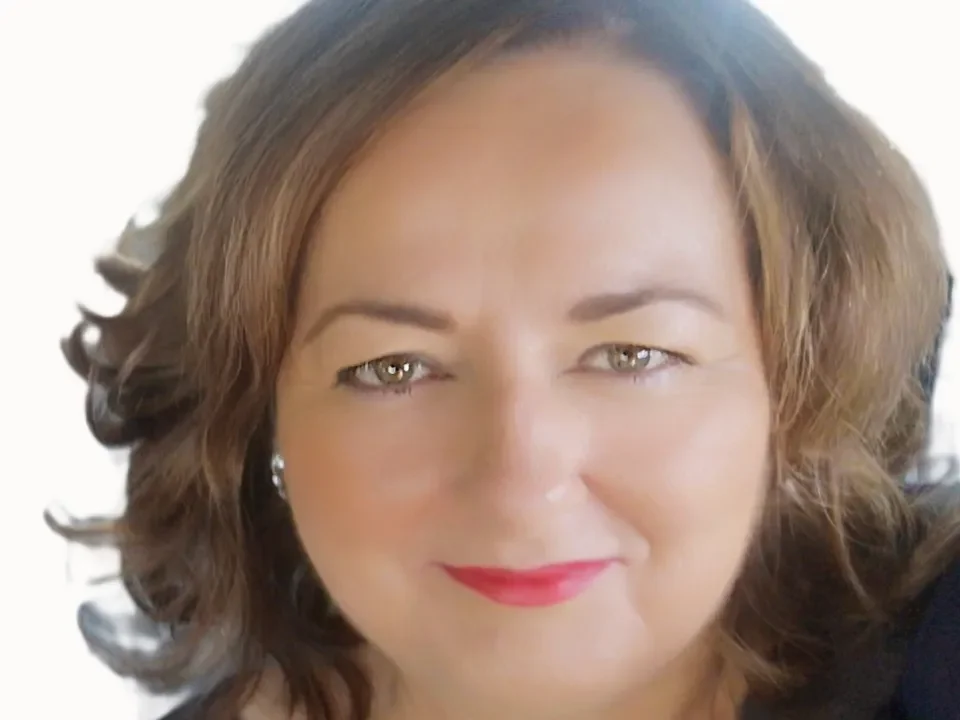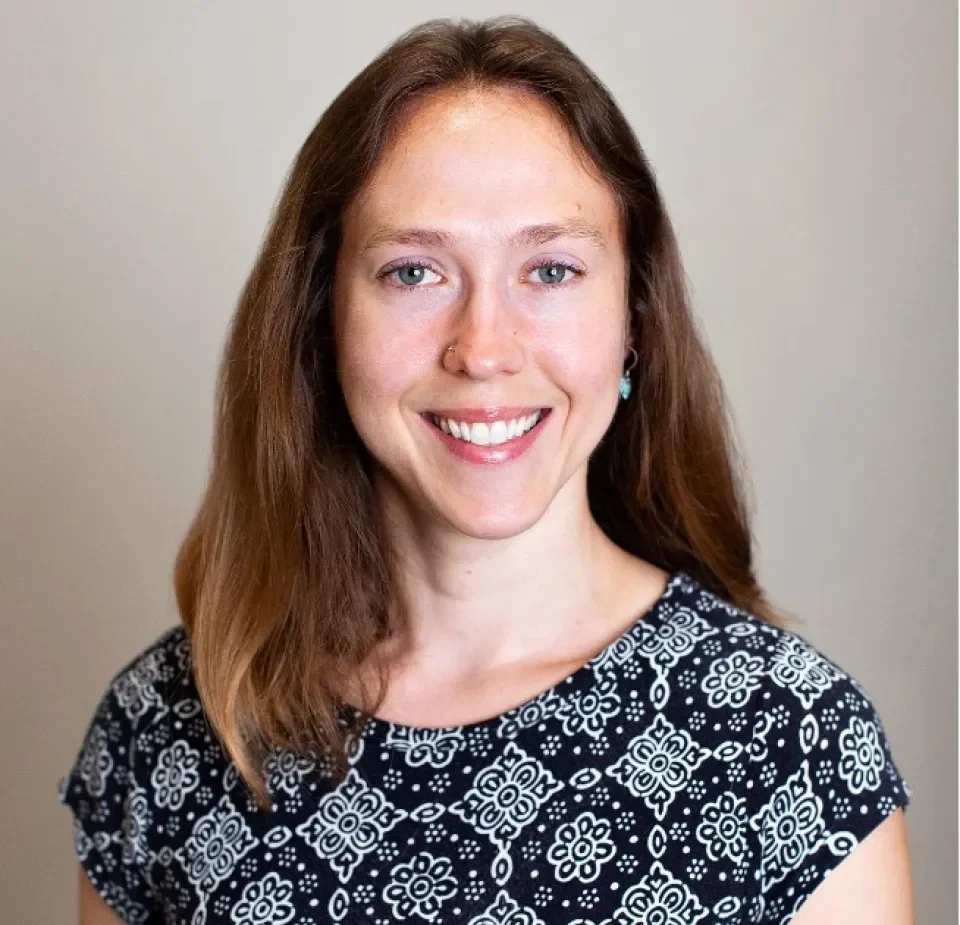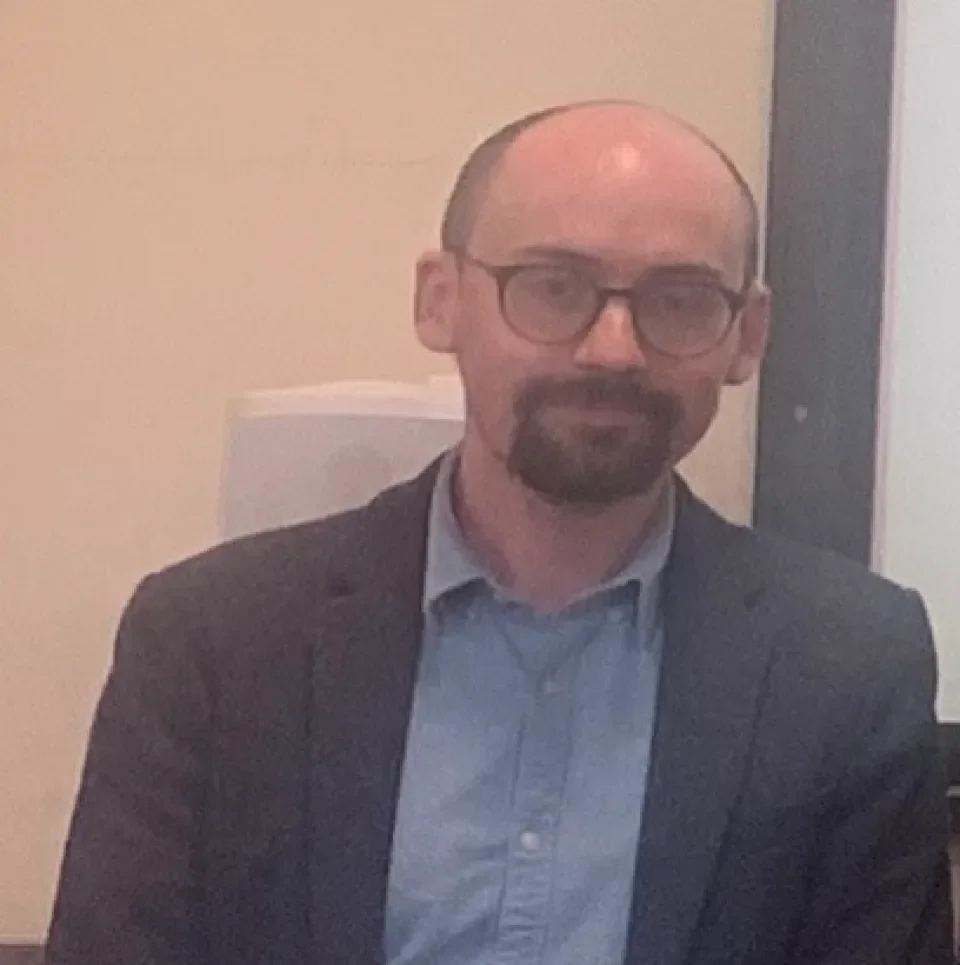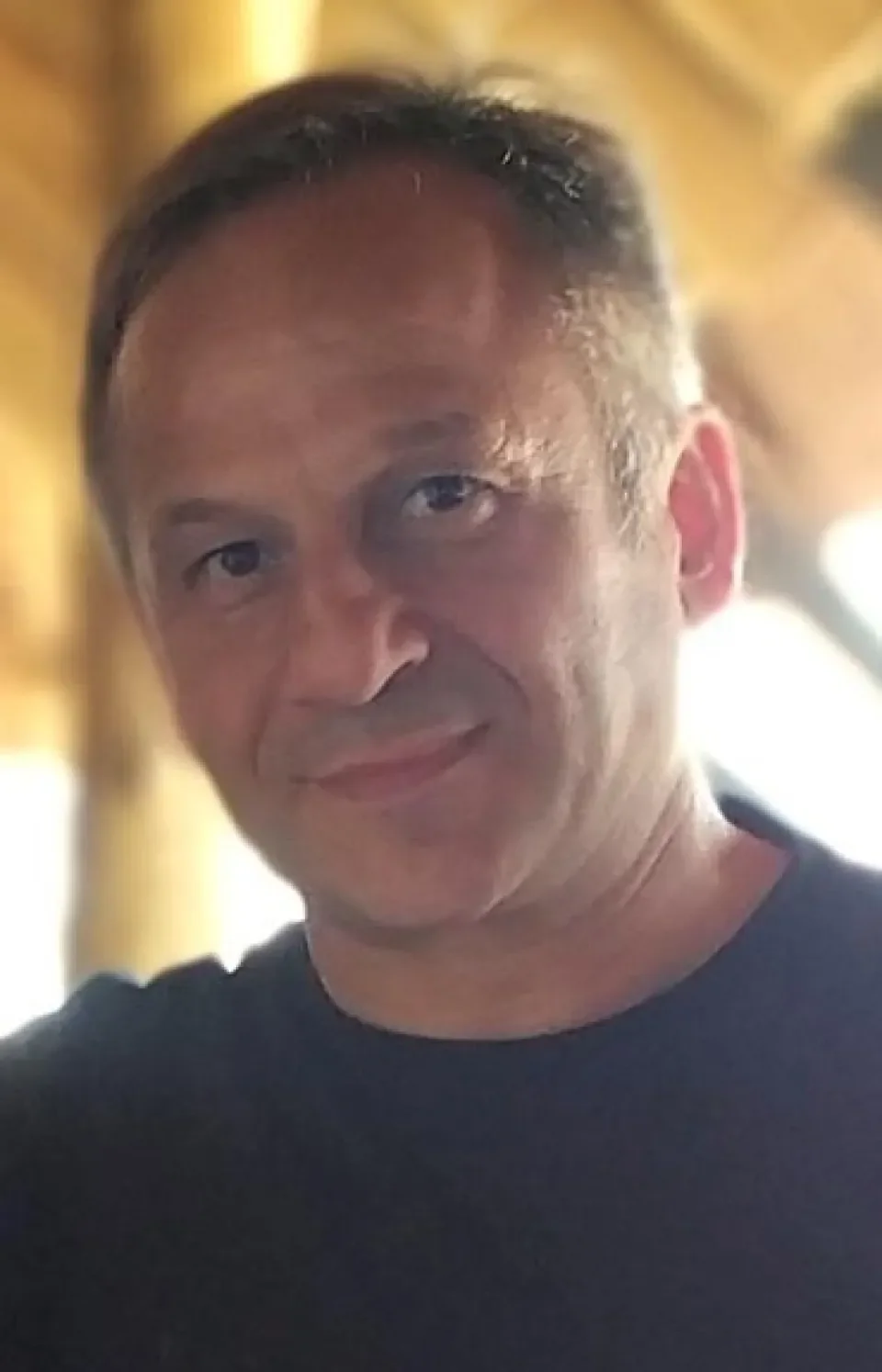Meet the Team
Core Team and Thematic Leads
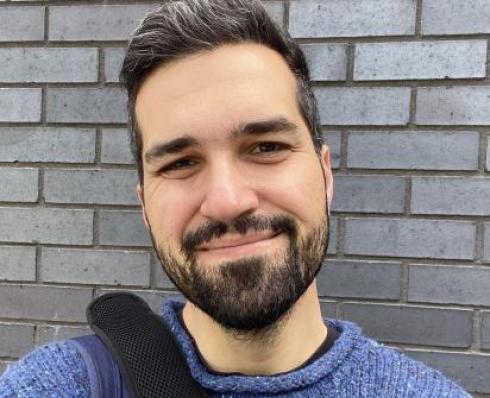
Vlad Glăveanu, PhD, is Full Professor of Psychology in the School of Psychology and Director of the DCU Centre for Possibility Studies at Dublin City University, and Professor II at the Centre for the Science of Learning and Technology, University of Bergen. He is the founder and president of the Possibility Studies Network (PSN). His work focuses on creativity, imagination, culture, collaboration, wonder, possibility, and societal challenges. He edited the Palgrave Handbook of Creativity and Culture (2016) and the Oxford Creativity Reader (2018), co-edited the Cambridge Handbook of Creativity Across Domains (2017) and the Oxford Handbook of Imagination and Culture (2017), authored The Possible: A Sociocultural Theory (Oxford University Press, 2020).
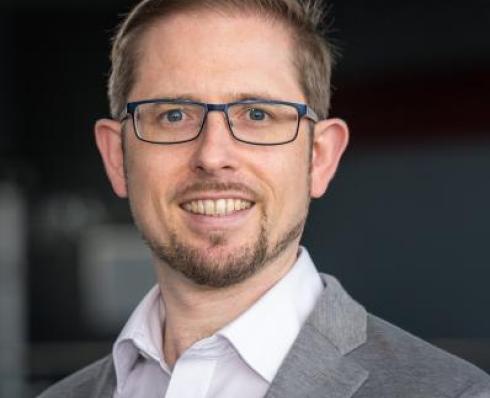
Dr James Brunton is Assistant Professor and Programme Chair of the DCU Connected Psychology Major programme at Dublin City University, which is an online, open education programme accredited by the Psychological Society of Ireland (PSI). He graduated from University College Cork with a BA (Hons) in Applied Psychology, and with a PhD in Psychology from the Business School in Dublin City University. James is a Chartered member of the Psychological Society of Ireland (C. Psychol., Ps.S.I.; C. Work & Org. Psychol. Ps.S.I.), and a Chartered member and Associate Fellow with the British Psychological Society (CPsychol BPS, AFBPsS). James is also an EDEN (European Distance Education Network) Fellow, an Advance HE Senior Fellow (SFHEA), and Professor Extraordinarious in the University of South Africa (UNISA).
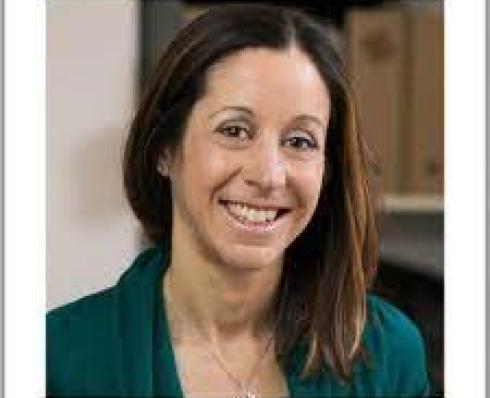
Dr Shirley Coyle Is an Associate Professor in the School of Electronic Engineering, DCU. She is a Funded Investigator in the Insight Research Ireland Centre for Data Analytics and Chair of the Education and Public Engagement Committee in Insight. Shirley’s main research interest is in smart textiles and wearable sensors to improve health and well-being. This involves user centred design, to develop garments that are comfortable to wear, accepted by users and sustainable. As a fashion designer she is pushing the boundaries of novel textiles which can sense, respond and even generate energy. She Is also passionate about developing technological solutions to global challenges, particularly global health and environmental factors. Her role as Programme Chair of BSc Global Challenges aligns with her research in sensor technologies, data analytics and IoT to apply innovation and emerging technology to today’s societal challenges.
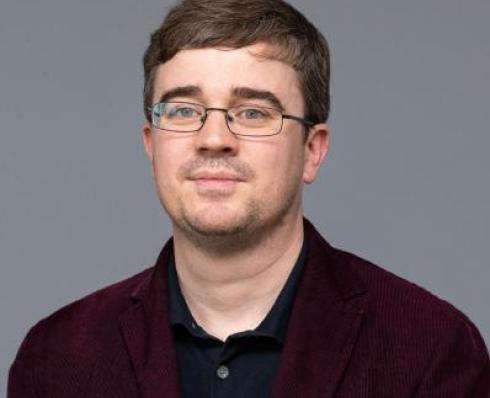
Dr Simon Dunne is an Associate Professor in Psychology in the School of Psychology in the Faculty of Science and Health. He is the Programme Chairperson of the MSc in Psychology (Conversion) programme and Equality, Diversity and Inclusion Convenor for the School of Psychology. His primary research interests include cancer survivorship, psycho-oncology, existential issues in health and illness, the body and self in illness and wellness and stigma/discrimination among minority communities. He is a Principal Investigator in the Psycho-Oncology/Cancer Survivorship stream of the DCU Cancer Research Group, and has been co-investigator or Principal Investigator on a number of research projects funded by the Health Research Board and Irish Cancer Society. His research has also increasingly extended its focus to include topics relating to equality, diversity and inclusion, including understanding unmet needs for under-served communities and tackling online racism and discrimination. His teaching interests include advanced research methods and statistics for psychology, conceptual/theoretical issues and approaches in psychology and how technology shapes our mind and behaviour. He sits on the Executive Committee for the Irish Psychosocial Oncology Network and on various committees in DCU relating to equality, diversity and inclusion, including the DCU Race Equality Working Group.
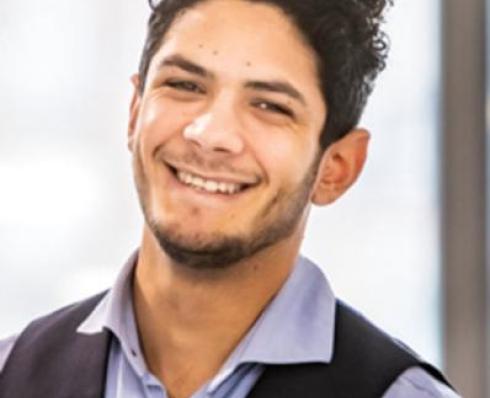
Nicolas B. Verger holds a PhD on the cross-cultural effects of parent-child creative activities on the resilience of young children (Glasgow Caledonian University). His current research centres on contributing to the social and ecological wellbeing of communities, grounded in an ethics of care. Since the start of his postdoctoral position, in 2024, he has been contributing to the Possibility Studies Centre, where he works on creating an international collaborative network for transdisciplinary research on themes such as possibility thinking, creativity, and ecological preservation. His most recent publication, Creative Preservation: A Framework of Creativity in Support of Degrowth , lays the foundation for novel approaches to understanding how creative practices can foster a sense of care, regeneration, and ecological attachment within communities. He pursues this work on valuing the merit of preservation and generativity of differentials as a way to cohabit in socio-ecosystemic milieus.
Website: https://www.researchgate.net/profile/Nicolas-Verger-2?ev=hdr_xprf
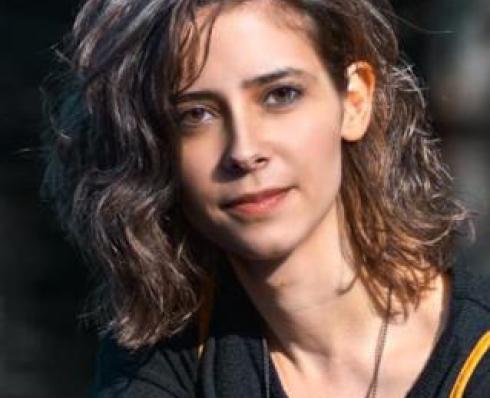
Marianna Pagkratidou is an Assistant Professor of Psychology at Dublin City University (DCU), specialising in cognitive and educational psychology. She leads the Cognition Theme at the DCU Centre for Possibility Studies and directs the Cognition in Learning Lab. Her research focuses on two main areas: the study of spatial memory through visual arts, such as comics, and the investigation of STEM learning through spatial abilities training. For over a decade, Marianna has also been an active and passionate science communicator, committed to making psychological science accessible and engaging to diverse audiences.
Website: https://sites.google.com/view/mariannapagkratidou/cognitive-psychologist
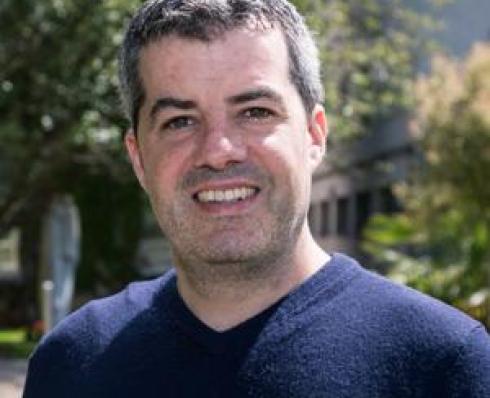
Fiachra obtained a BA in Philosophy and English from University College Dublin. Following this, he completed a Masters in Film Studies in UCD. After working in an academic publishing company, he obtained his doctorate from the school of Politics, International Studies, and Philosophy Queens University Belfast in 2009. He wrote his thesis on the patenting of biotechnological products (GM crops) in order to analyse issues of justice in relation to patenting, technology, international trade, and the environment. He has been lecturing History of Ideas and Philosophy of Science in DCU. He has worked on various aspects of applied ethics, including the ethical and social implications of virtual reality and social networking in association with the EU's Reverie Project, and the ethical implications of human enhancement technologies. He is currently working as a Marie Curie ASSISTID Fellow looking at the ethics of the development, use and distribution of assistive technologies (AT) for people with intellectual disabilities and autism spectrum disorder.
Faculty Members
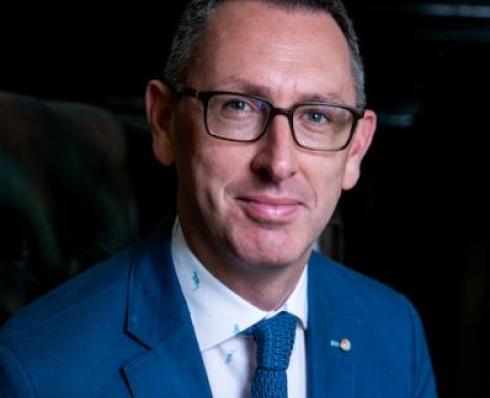
Ciarán leads the Credne project and is DCU's first Transversal Skills Director. This innovative role is focused on empowering students to thrive in an increasingly unscripted world by helping them to develop a range of key transversal skills, such as creativity, future-thinking, intercultural competence, data literacy, entrepreneurship and personal agility.
Ciarán is also Chair of the DCU Institute of Creativity and an Associate Professor in the Faculty of Humanities and Social Sciences, where he has delivered a wide variety of modules across multiple disciplines, including Spanish Language, Creativity, Futurism, Social Entrepreneurship, Sociology, Intercultural Studies, and Academic Skills.
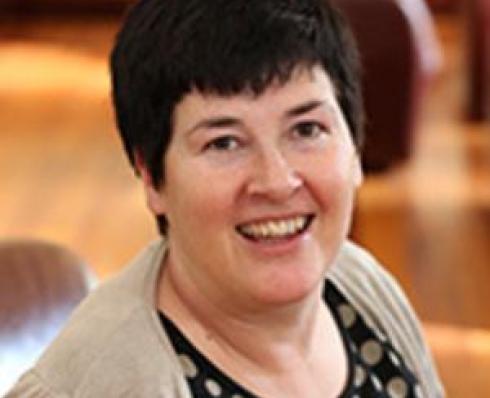
Dr Fiona Gallagher is an assistant professor in the School of Applied Language and Intercultural Studies (SALIS) at Dublin City University. Before this, she worked as an English language teacher and CELTA teacher educator in Sudan, Italy, Spain, Ireland, the US, Australia and Portugal. Her research interests lie primarily in the fields of second language acquisition, language teacher education and bi/multilingual education with particular reference to: teaching and learning in the linguistically and culturally diverse primary and secondary school classroom; education in forced migration contexts; and translanguaging and plurilingual pedagogies. She has published widely in her field, both as the author/co-author of various EFL textbooks and teacher guides and in peer reviewed journals and edited volumes.
Website: https://www.dcu.ie/researchsupport/research-profile?person_id=14439#tab-publications
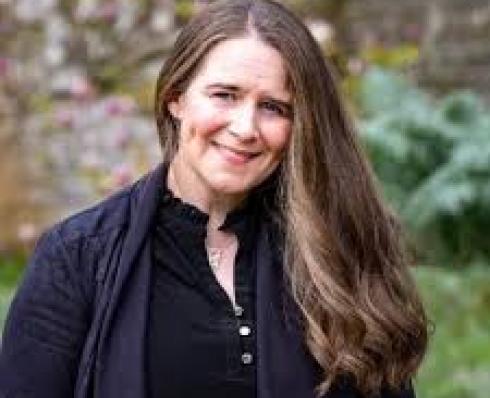
Dr. Holland completed a degree in Physical Education, Sport Science and Theology at Newman College in Birmingham. She then completed a PGCE in Physical Education at Loughborough. Eimear then returned to work at a Sport College in Birmingham where she taught at both primary and secondary school levels. She was involved in a Best Practice Research Scholarship Research Project in collaboration with Loughborough University. Eimear also worked as a Consultant for Birmingham Local Education Authority where she provided professional development for PE departments and student teachers in the area of Instructional Models for engaging underachieving and disaffected pupils. Whilst teaching, Eimear also held a seat on the National Teacher Research Panel which is charged with making research more accessible to practicing teachers. Eimear then moved into Initially Teacher Education working as a Senior Lecturer on both undergraduate and post graduate programmes at Liverpool John Moore University where she worked as the Route Leader for the Key Stage 2-3 with Physical Education Programme. She has been working at DCU since 2009 as an assistant professor in Physical Education and during this time completed her PhD at the University of Birmingham. She is the Physical Education School Placement Coordinator and the Coordinator of professional development programmes for PE school placement cooperating teachers: Cooperating PE Teacher (COPET) Programme and COPET+ Programmes. Though based in the Faculty of Science and Health, Eimear's outreach and research work extends to the Institute of Education.
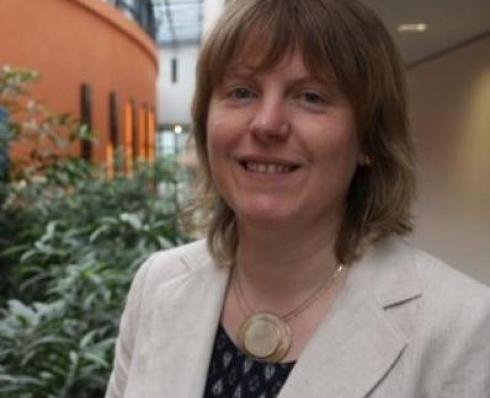
Louise Hopper is an Associate Professor in the School of Psychology in Dublin City University (DCU) and Chair of the BSc in Psychology and Mathematics programme. She coordinates and delivers courses in Psychology Research Skills on the three undergraduate psychology programmes and the Critical Psychology and Wellbeing in the Community module on the MSc. Psychology and Wellbeing course.
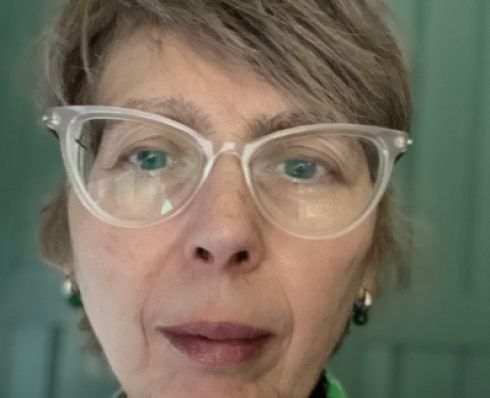
Francesca Lorenzi is a lecturer at both undergraduate and postgraduate level. Her teaching is primarily in the areas of Intercultural Education, Ethics and Values Education, Philosophy of Education and Curriculum Implementation ; Assessment and Feedback.
Her specific research interests include but are not limited to dialogue in education, democratic and inclusive approaches to educational assessment, creativity in education, ethics in the classroom, values and identity in relation to education for sustainable development.
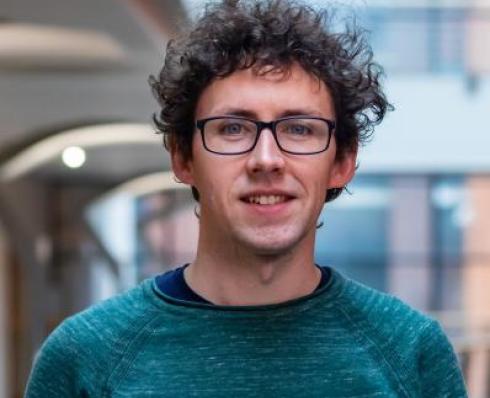
Dr Darragh McCashin is an Assistant Professor in the School of Psychology at DCU, and is Chair of The Observatory on Cyberbullying, Cyberhate & Online Harassment in the Anti-Bullying Centre (ABC). Darragh is broadly interested in digital mental health and wellbeing, and clinical/forensic applications of technology.
Previously, Darragh was a Marie Curie Fellow/PhD student at University College Dublin (UCD), examining technology-enabled youth mental health within the EU H2020-funded TEAM-ITN project, specifically the role of technology-assisted cognitive behavioural therapy for children using mixed methodologies. A second strand to Darragh’s research is that of forensic/criminal psychology. With an MSc in Applied Forensic Psychology (University of York), Darragh has previously worked as an Associate Lecturer and Research Assistant in the Online-Protect research group at the University of Lincoln case formulation tools for those with convictions for internet sexual offences.
Darragh is currently the taskforce leader for Mental Health of Researchers within the Policy Working Group of the Marie Curie Alumni Association (MCAA), and co-founded the researcher mentoring programme Referent. Darragh also sits on two COST Actions: Working Group Chair for Researcher Mental Health Observatory (CA19117), and the European Network for Problematic Usage of the Internet (CA16207; management committee member for Ireland).
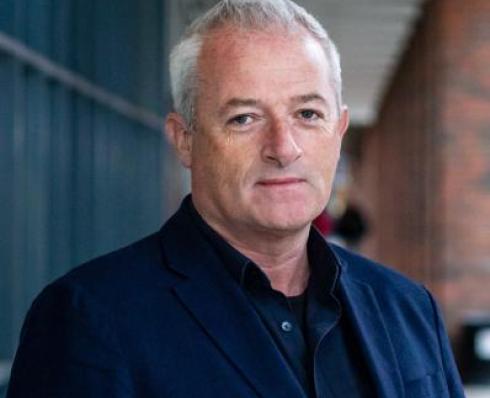
Dr. Pádraig Murphy is Associate Professor in Communications at Dublin City University and Chair of the MSc in Science and Health Communication programme.
Dr. Murphy has a PhD in Communication Studies from Dublin City University; an MSc in Science Communication also from Dublin City University; and a BSc in Environmental Pollution and Biological Sciences from the University of South Wales, formerly the University of Glamorgan, Wales.
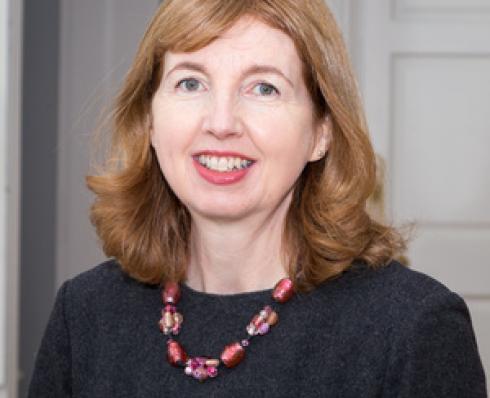
Regina Murphy, PhD, is an Associate Professor in the School of Arts Education and Movement at DCU Institute of Education, a member of the music education team, and former Head of the School of Arts Education and Movement (2016-2022). Prior to assuming this role she served as Director of Inservice Education at St Patrick’s College during which she initiated several innovative courses for teachers and led the accreditation of a diverse suite of programmes including the postgraduate Certificate/Diploma in Ethical and Multidenominational Education (a partnership with Educate Together), and the Certificate/Diploma in Choral Conducting in Education and in the Community (in collaboration with the Association of Irish Choirs). She also initiated the Master of Teaching programme, a blended approach to teacher professional learning. Each of these was the first of its kind in Ireland.
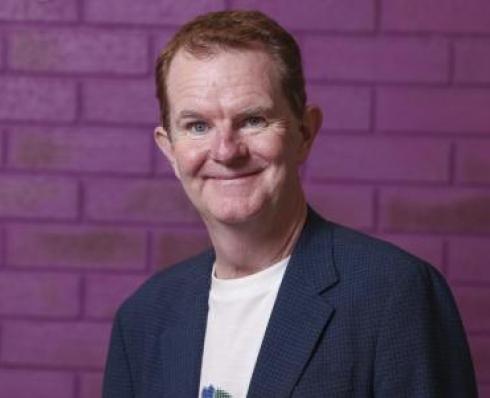
Colm O’Reilly, Ph.D is the Director of Centre for Talented Youth, Ireland (CTYI) at Dublin City University. CTYI provides fast paced classes for academically talented students aged 6-17 years old, from all over Ireland and overseas. Colm has worked in the area of gifted and talented education for the last 30 years, as director of CTYI and as an adjunct faculty member at the Institute of Education at DCU. Under Colm’s leadership, CTYI has grown exponentially and now serves over 6000 primary and post-primary students a year, across multiple summer programmes, Saturday courses, an Early University Entrance programme and online classes. CTYI has a team of twelve full time staff members, three PhD students and about three hundred part time staff members per year. Colm has contributed expertise and consultancy to the Department of Education on gifted education, and recently co-wrote a research paper for the Department on gifted education in four countries and has presented to the working group on gifted education. Colm has edited books, produced reports, written articles and presented papers at numerous conferences around Europe and worldwide. Most recently, he was the keynote speaker for the 2024 European Council of High Ability Conference, in Greece.
Colm has been involved in numerous successful EU funding bids and has designed online teacher training programmes for the European Commission in 2023 through the European Schools Education Platform and in 2019 through the Erasmus Plus programme. He has delivered lectures to initial teacher education programmes at various universities around Ireland. His research interests include working with gifted students in out of school programmes and their academic and social development. In 2023, he won the A. Harry Passow International Award for Leadership in Gifted Education from the World Council for Gifted and Talented Children. He is the first European to win this award, which recognises outstanding contribution to the field worldwide. He is currently the President of the European Council for High Ability (ECHA) and is on the General Council for the European Talent Support Network.
He is currently co-editing the European Handbook of Gifted Education, a 40 chapter book to be published by Routledge Press in 2025.
Colm has supervised numerous PhD students in the area of gifted education, on topics including acceleration, technology use for gifted programmes and identification, gifted students in DEIS schools, gifted LGBTQ students, gifted students’ experiences of bullying and gifted students transition from primary to post-primary school.
Furthermore Colm is well known for his spirit of collaboration to promote gifted education across the world. Within Ireland Colm has worked with the School of Education at TCD, the School of Psychology at UCD, the School of Education at Mary Immaculate College Limerick, the Access programme at UCC, and Youth Academy at the University of Galway. In the UK he has worked with Potential Plus and the Scottish Network for Able Pupils in Glasgow. Across Europe he has collaborated and given guest lectures at universities in Greece, Germany, Hungary, Slovenia, Lithuania, Norway and many others. He has worked with all the major gifted programmes in the United States. He sits on the advisory board of the Centre for Gifted Education at the College of William and Mary and the international board of the Center for Talented Youth at Johns Hopkins University and organises an exchange programme with the Herberger Academy at Arizona State University and is currently working with Rutgers University on a staff training programme for gifted students.
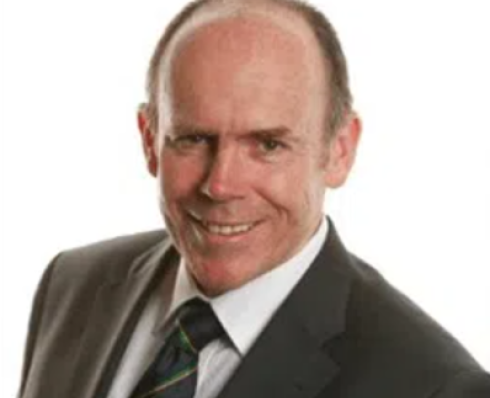
Peter Robbins is one of Ireland’s foremost experts in design thinking, innovation and new product and service development. He is an Associate Professor of Innovation in DCU: a visiting lecturer at Warwick University and at Princess Nourah University in Riyadh. He is a Senior Associate with the Irish Management Institute. Before that, for almost a decade, he was global head of innovation excellence for GlaxoSmithKline where he oversaw the new product pipeline for their 7 brands worth over $500m. Prior to that, he was a Marketing Director for GSK’s Consumer Division based in Copenhagen and later in London. He became a full time academic in 2017 and has produced over 50 peer-reviewed research outputs. His research has been published in the Journal of Product Innovation Management, R&D Management (where he is a member of the editorial review board), the Irish Journal of Management: International Journal of Innovation Management; London Strategy Review. He has co-authored with the very best international academics in his field.
Website: https://www.dcu.ie/business-school/people/peter-robbins
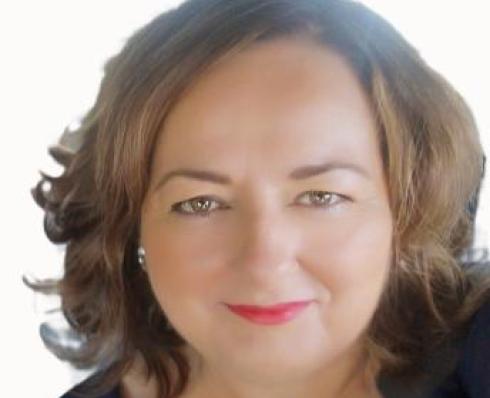
Irene White is is a lecturer and researcher in the School of Human Development, Institute of Education, Dublin City University. She is Programme Chair of the Professional Master of Education (Post-Primary) and Teaching and Learning Convenor for the School of Human Development. Irene teaches Creativity in Education, English Education, Drama in Education and Academic Reading and Writing across a range of initial teacher education programmes. Before joining DCU, Irene taught at post-primary level for twelve years, during which time she was a mentor for initial teacher education students and a State Exams Commission examiner for the Leaving Certificate Applied Programme. Irene also has considerable experience in the participatory arts sector. Her work in this field includes her role as artist and director with Upstate Theatre Project on The Crossover Project, a cross-border, cross-community participative drama programme, and her work with students from the Steinhardt School of Culture, Education and Human Development, New York University on the study abroad programme. Irene also worked with Smashing Times Theatre and Film Company on the ‘Acting for the Future' programme using drama and theatre performance to promote positive mental health and the 'Acting for Change' programme using drama to explore cultural diversity and identity and promote anti-racism, anti-sectarianism and equality. Irene’s research interests are informed and inspired by her work as a teacher, initial teacher educator and artist. She has a particular interest in creativity, teacher education, teacher identity, arts education, and creative activity for health and wellbeing. Her PhD examined creativity in participatory arts initiatives and articulated a Participatory Arts for Creativity in Education (PACE) model, an applied participatory arts model aimed at fostering creativity in education.
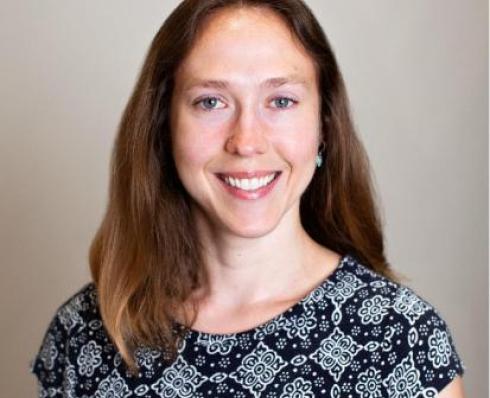
Stephanie Swales, Ph.D. is an Assistant Professor of Psychotherapy in the School of Nursing, Psychotherapy and Community Health at Dublin City University. She also works with individuals and couples as a clinical psychologist and Lacanian psychoanalyst. Stephanie serves as an editor for the PCS review section of Psychoanalysis, Culture & Society and as a member-at-large for the Association for Psychoanalysis, Culture & Society. Stephanie’s research is situated within the fields of critical psychology and the processes of change within psychotherapy, and her research predominantly focuses on empathy and ambivalence. Her books include Psychoanalysing Ambivalence with Freud and Lacan: On and Off the Couch (Routledge, 2019), co-authored with Carol Owens and Perversion: A Lacanian Psychoanalytic Approach to the Subject (Routledge, 2012).
Website: https://www.stephanieswalesphd.com/
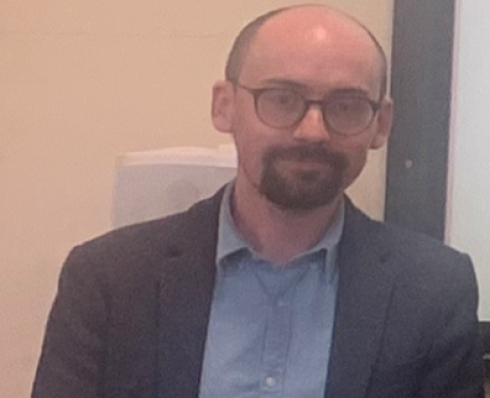
Dr Mac Lochlainn is an Assistant Professor of Irish in Fiontar & Scoil na Gaeilge (Humanities & Social Sciences). His research primarily focuses on the selves and identities of adult learners of Irish, and he has examined these questions using an array of theoretical approaches and methods. He has particular interest in how minority/minoritised language learning can be used as a form of self-expression and creativity, and of the possible futures learners imagine, both for themselves and their societies, in a world where language loss is narrowing horizons for linguistic diversity. These interests have led him to align with the Education, Environment and Cognition sub-themes of the Centre, and he welcomes opportunities for collaboration.
Website: https://www.dcu.ie/researchsupport/research-profile?person_id=15030
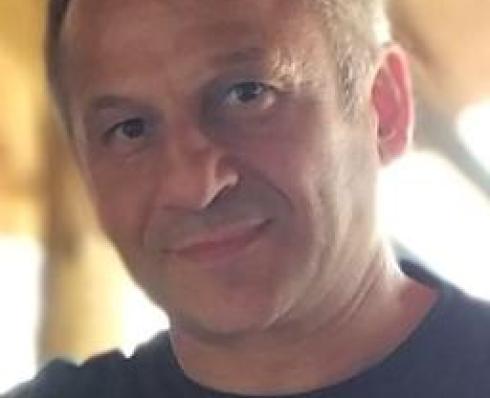
Dr Fernández López is currently Assistant Professor in Education for Sustainable Futures in the School of STEM Education, Innovation and Global Studies. Manuel’s chief interests lie in the intersection between education and society and in the emergence of sustainable futures in education for well-being; and aimed at interdisciplinary over the last fifteen years, through working in academic disciplines such as Engineering, Philosophy, and Psychology. Manuel has studied engineering, a postgraduate in Philosophical Practice and holds a PhD in the area of Social Psychology. He has pioneered the study of the psychosocial development of possible selves with a long-term outlook, connecting this with the context of futures for sustainable Development in Higher Education. Prior to joining DCU, Manuel has resided and worked outside Spain for more than eleven years, and developed and worked in projects across Europe, Latin America and Africa: concretely in Cuba, Ireland and UK, Norway, Spain, Seychelles, and Mexico amongst others. Manuel has collaborated with the United Nations (UNFCCC) on futures thinking for resilience in the context of climate change. He is currently the co-director of the RCE Dublin, a UN University Regional Centre of Expertise (RCE) in Education for Sustainable Development.
Website: https://www.dcu.ie/stemeducationinnovationglobalstudies/people/manuel-fernandez-lopez
Postgraduate Student Members
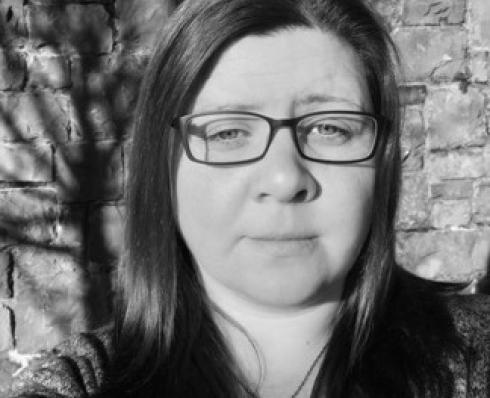
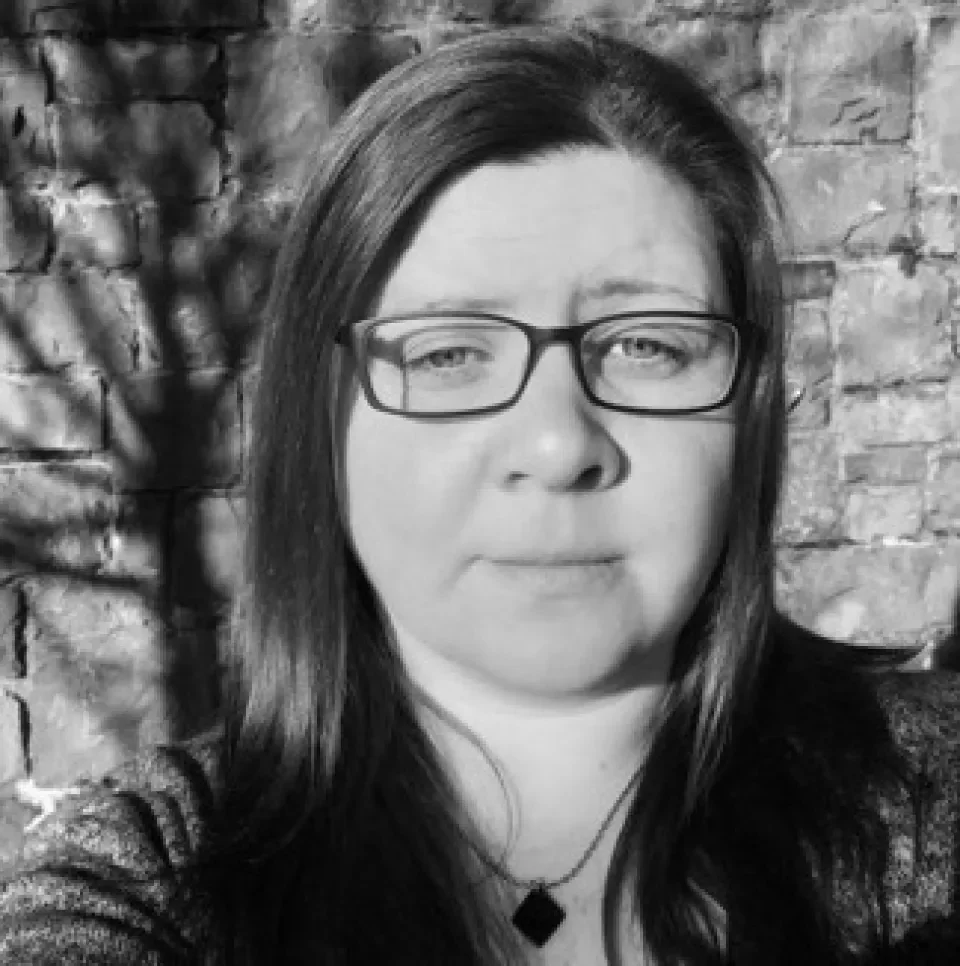
Kate Molloy
Kate is a PhD student in the School of STEM Education, Innovation and Global Studies and her supervisors are Eamon Costello and James Bruton. Her research project, ‘Towards a postdigital learning design paradigm: A qualitative study of the experiences and perspectives of learning designers in Irish higher education’, will address the lack of current insight into the experiences of learning designers to inform and support the development of a generative postdigital learning design approach. Drawing on critical and creative methods stemming from Kate’s twenty years of practice as a teacher and learning designer, she is undertaking a PhD by publication. Kate currently works as an instructional designer at Atlantic Technological University and serves as Chair of the Computers in Education Society of Ireland (CESI).
She is the co-author of three recent chapters in Higher Education for Good: Teaching and Learning Futures and Learning Design Voices on humanising learning design
and digital learning futures.
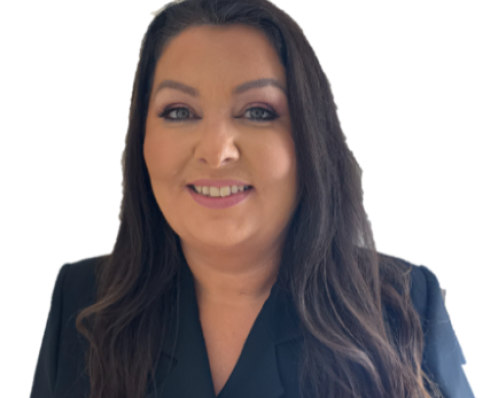
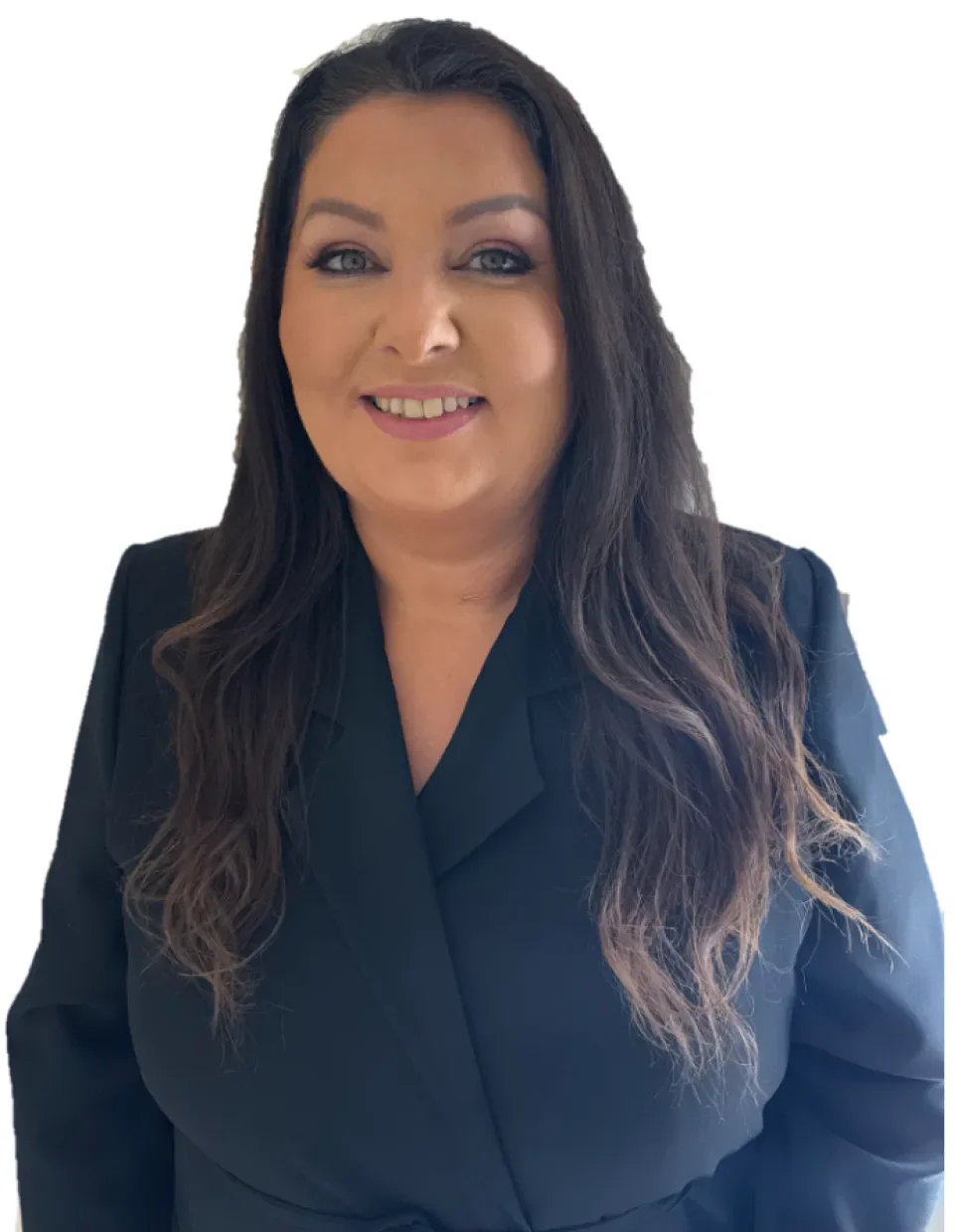
Lucy Hayden
Dr Lucy Hayden is a Postdoctoral Research Fellow in Health and Social Psychology at the School of Psychology, Dublin City University. She has received prestigious scholarship awards from national funding bodies, including Research Ireland (formerly the Irish Research Council) and collaborates with Breakthrough Cancer Research to advance impactful research in the field of psycho-oncology.
Lucy has experience conducting research across health psychology, public health, and social epidemiology, with publications in journals such as Health Psychology Open, Psycho-Oncology, and OMEGA – Journal of Death and Dying.
Her research focuses on the lived experience of terminal cancer, with a particular interest in how individuals navigate the existential, emotional, and social complexities of this journey. Drawing on in-depth qualitative methods, she explores themes such as meaning-making, time perception, hope, creativity, and connection in the context of terminal illness. Her work involves close engagement with patients, family members, and healthcare professionals, and aims to inform more compassionate, personalised, and human-centred approaches to end-of-life care.
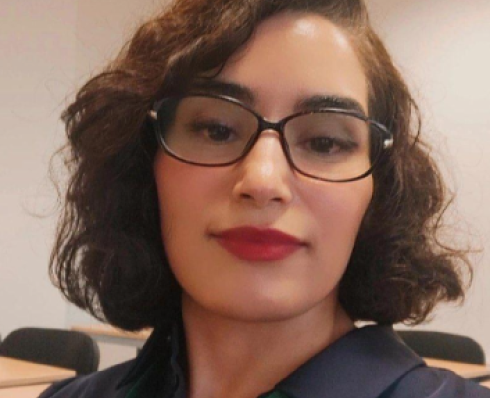
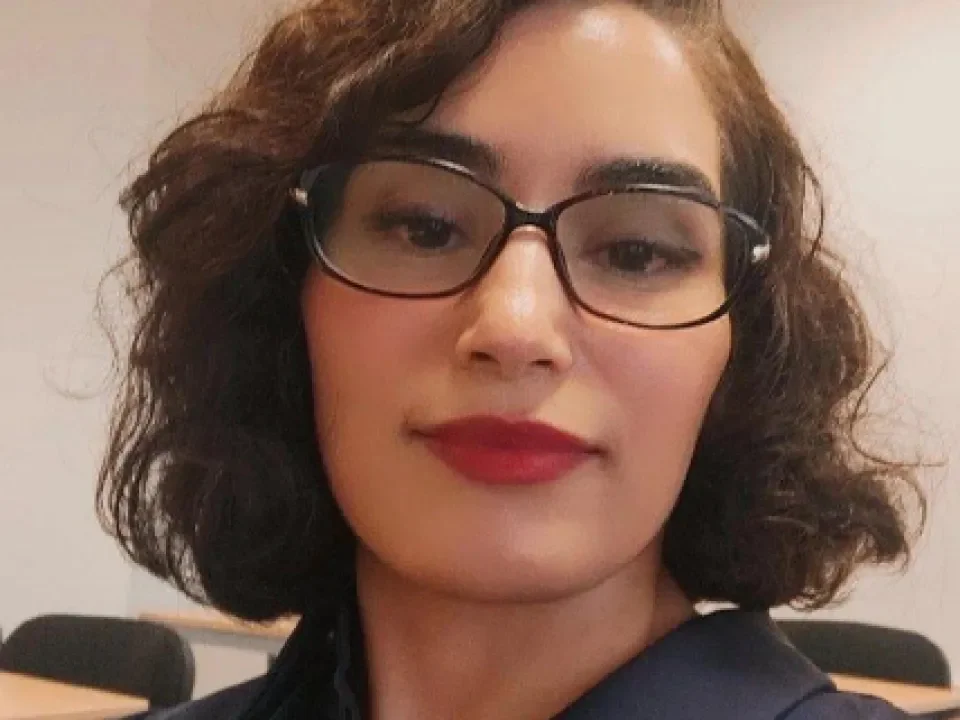
Monireh Mokhtarzadeh
Monireh Mokhtarzadeh is a PhD candidate in the School of Applied Linguistics and Intercultural Studies at Dublin City University. Drawing on years of experience teaching English at the secondary-school level in Iran and lecturing to pre-service teachers at Iranian universities, Monireh’s research investigates how English Language Teachers (ELTs) navigate crises, such as economic sanctions, natural disasters, and political instability, while maintaining educational continuity and quality.
Her work emphasises the importance of teacher resilience and its role in connecting global educational goals to local needs. Monireh has published peer-reviewed articles on these topics and collaborates with a broad network of ELT colleagues across Iran. Through her research, she advocates for policy changes and the development of practical support systems to empower educators and students in challenging contexts.
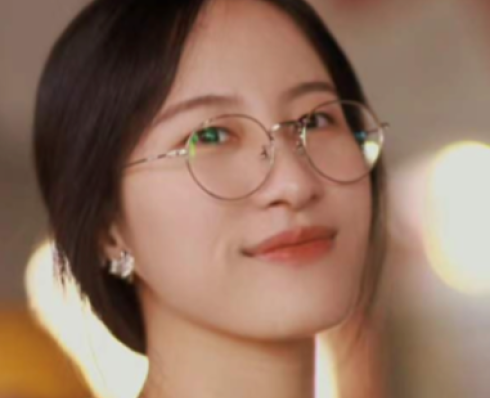
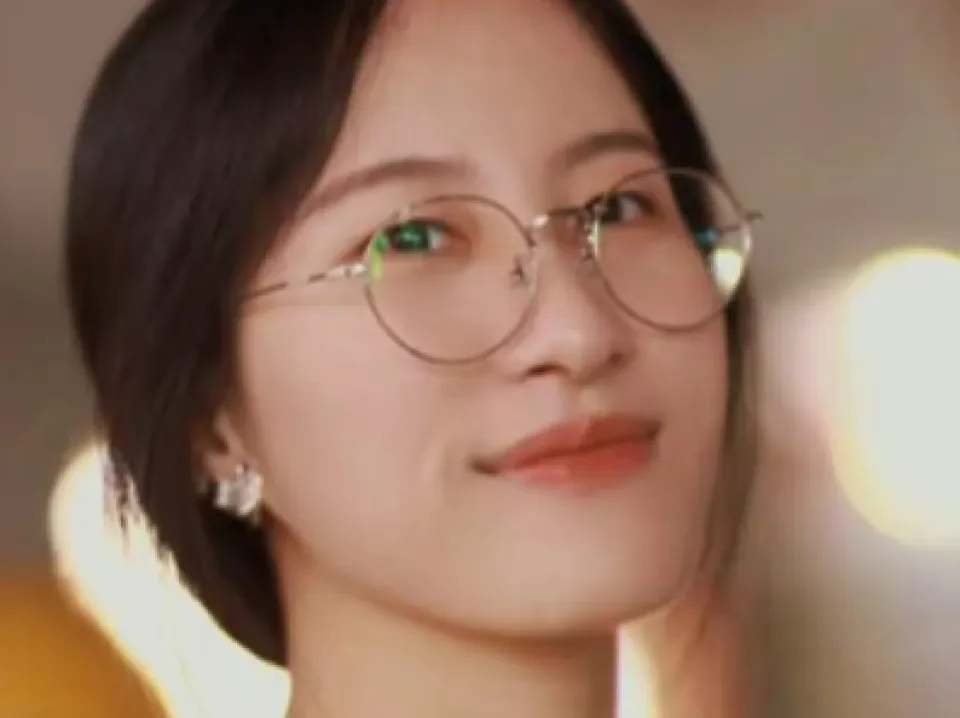
Dong Yaoyao
Yaoyao Dong is a PhD student in Education at Beijing Normal University, China. Since November 2024, she has been a one-year visiting PhD student at the School of Psychology, Dublin City University, supervised by Professor Vlad Glăveanu. Her research interests include creativity education, mathematics education in primary school, and educational assessment. Her PhD project focuses on exploring the process and assessment of group mathematical creativity among primary school students, aiming to contribute to the cultivation of children’ s mathematical creativity.
She contributes to primary school mathematics textbooks in China and is active in international exchanges, having attended conferences and visits in the Netherlands, Australia, Canada, Singapore, and beyond.
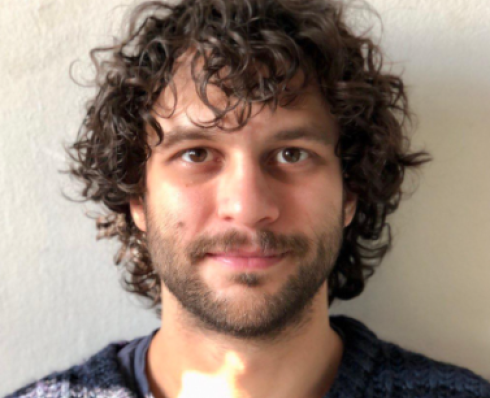
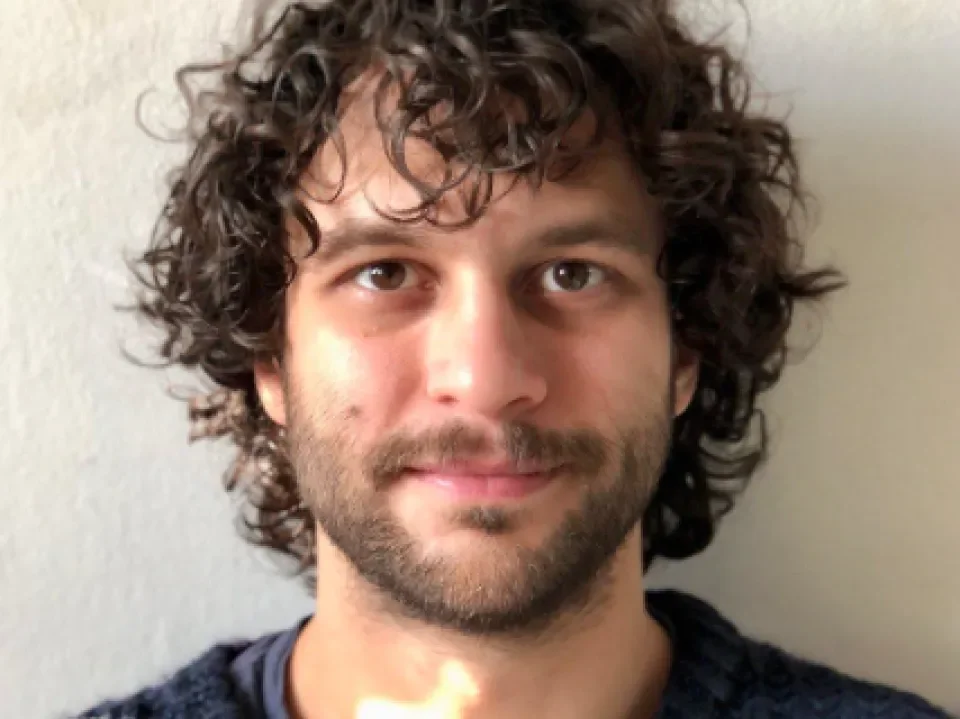
Marco D'Alessandro
Marco d’Alessandro is a cartoonist, storyteller and Ph.D. researcher under the Italian national program Immagine Figura Linguaggio (Image, Figure, Language) at the University of Bologna. His research explores the topics of creativity and playfulness as spaces of emergence and meaning-discovery, braiding a semiotic approach with incursions in the domains of aesthetics, cognitive sciences, sociopsychology and feminist new materialism.
Following a strong transdisciplinary methodology, he proposes a practice-based research path, that walks between the lines of live drawing, comics and visual arts as a method of both inquiry and dissemination, along, across and beyond the academic borders. His publications range from comics essays to illustrated books for children.
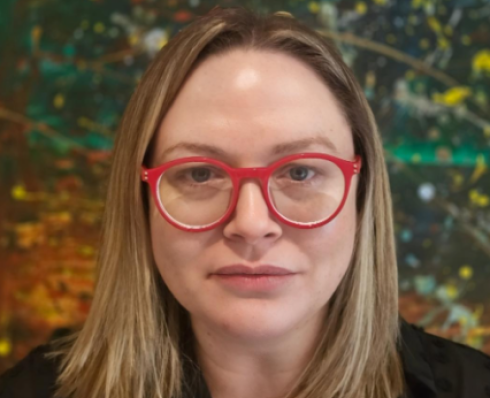
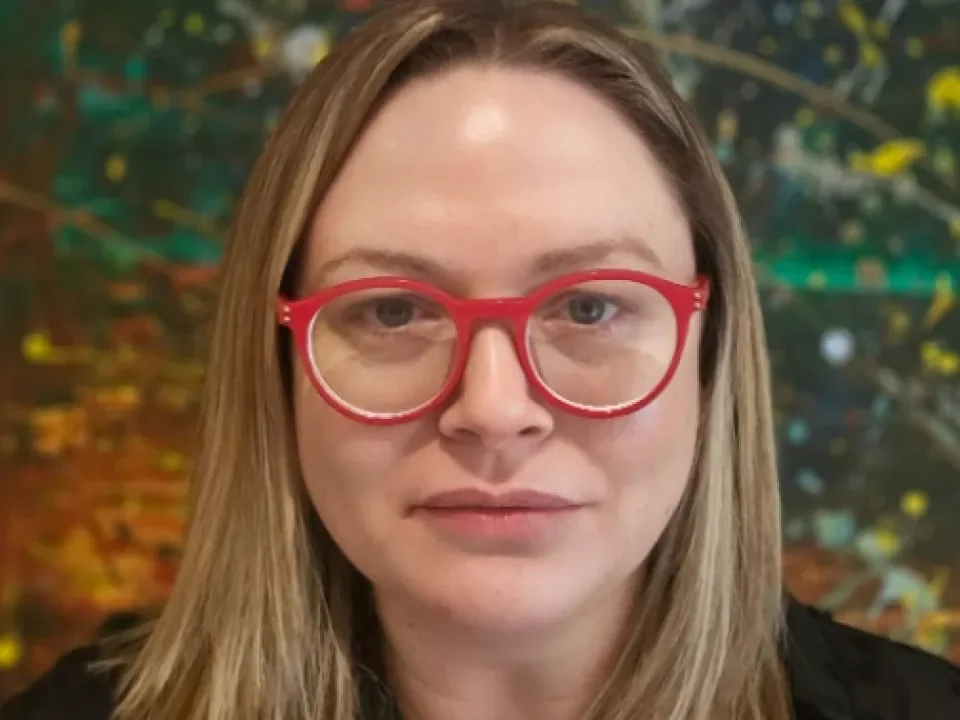
Emma Gallagher
Emma Gallagher is a PhD researcher investigating the potential of the development of a creative writing model to support creativity in lower secondary education in Ireland. She has an M.A. in creative writing and an M.Sc. in Education and Training Management (e-learning).
She was a teacher of Irish and English for over fifteen years and team leader for English CPD with the national support service. She was tutor in English pedagogy in University of Limerick and an inaugural teacher fellow at DCU Institute of Education. She was a co-leader of the Arts in Junior Cycle initiative and led the POW! Creative writing project for teachers in partnership with Fighting Words. Previous research has investigated the use of animation to support early-career teachers, utilising digital devices to facilitate school self-evaluation and navigating pracademia. A writer of poetry, her work has been published in The Stony Thursday Book and The Fish Anthology.
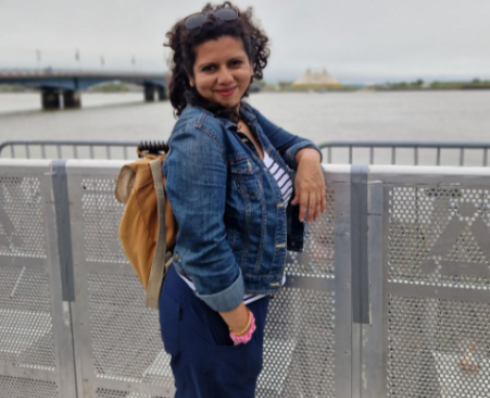
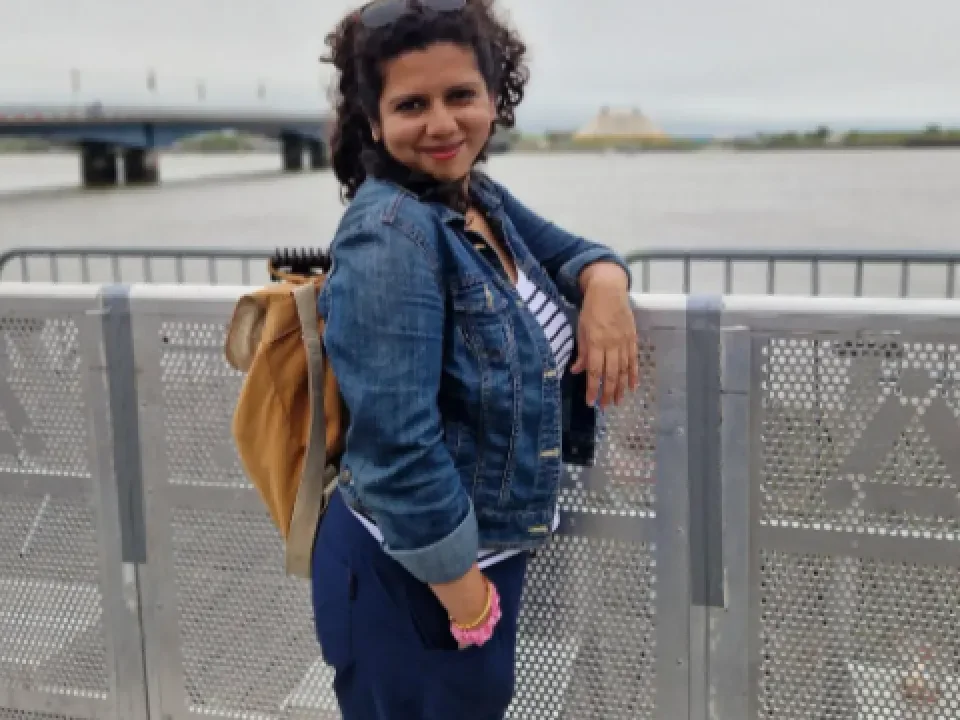
Priyanka Borpujari
Priyanka Borpujari is an award-winning journalist with 18 years of experience. She has reported on issues of human rights and justice from across Japan, Indonesia, Bosnia, El Salvador, Argentina, India and Ireland, and her work has been published in several international news publications. At Dublin City University, she is researching the experience of using smartphones and social media by older women. She speaks six languages.


